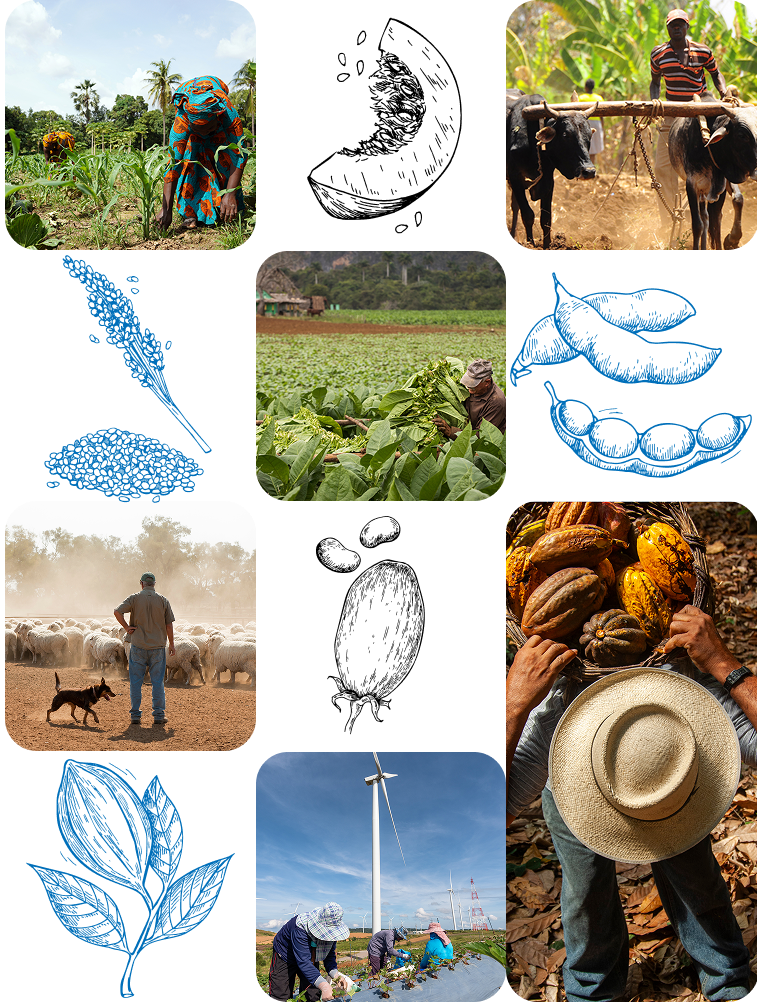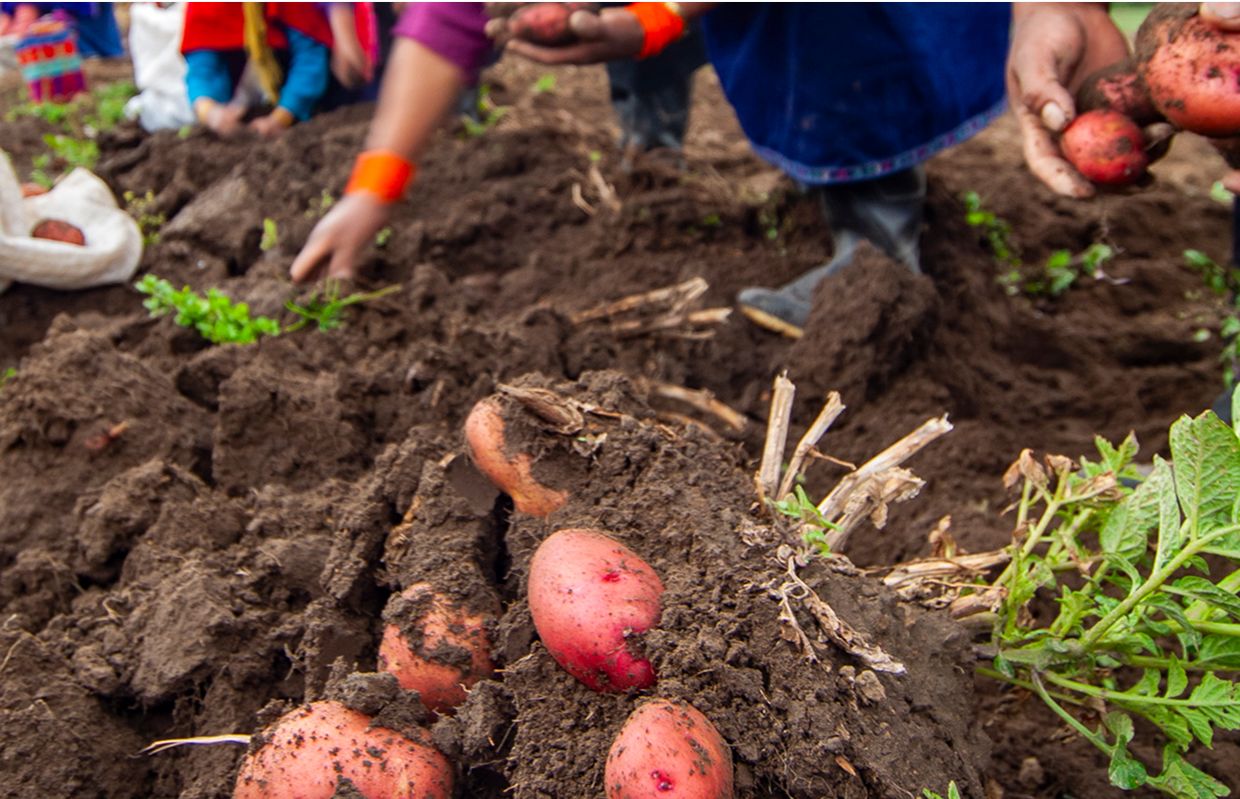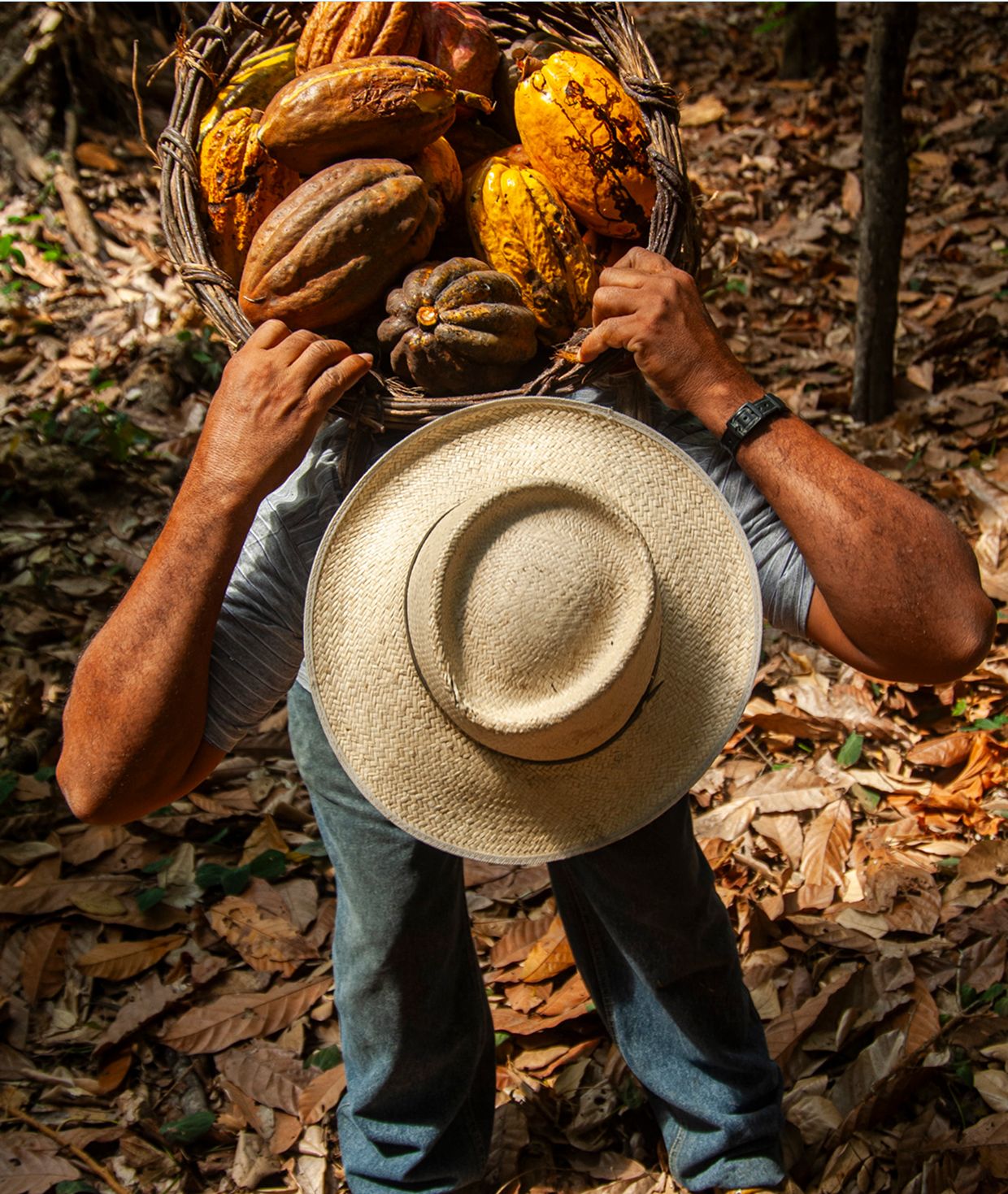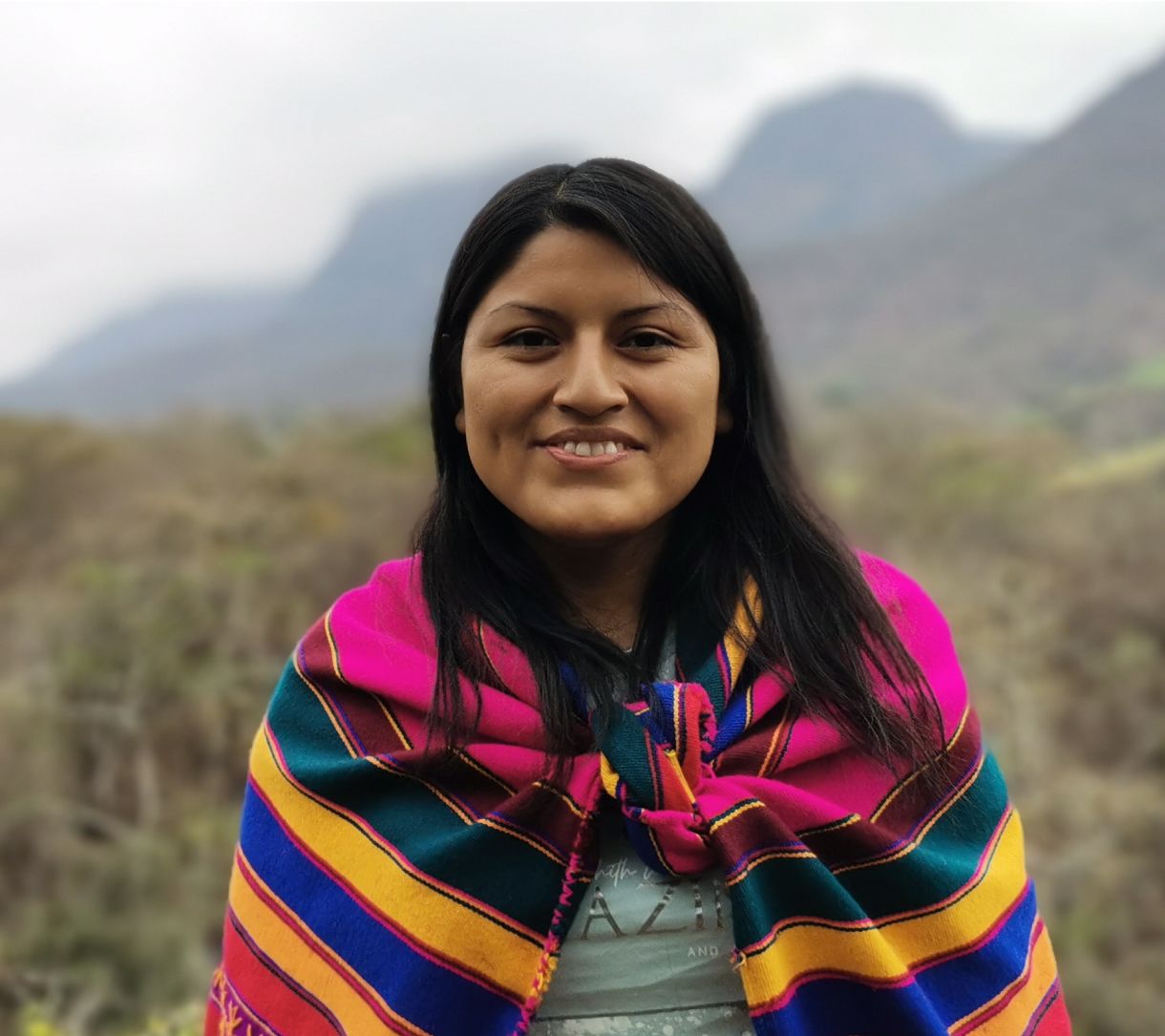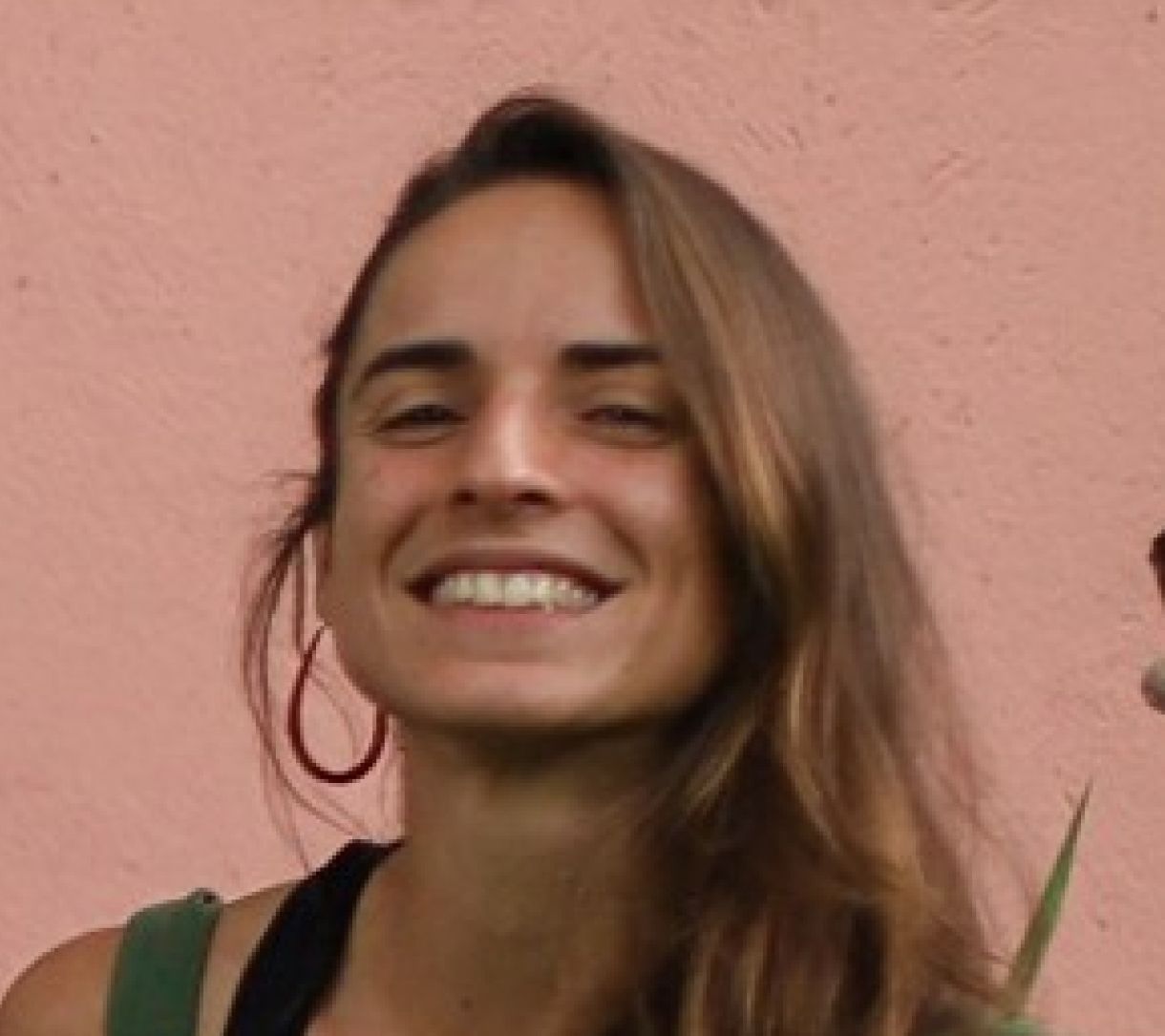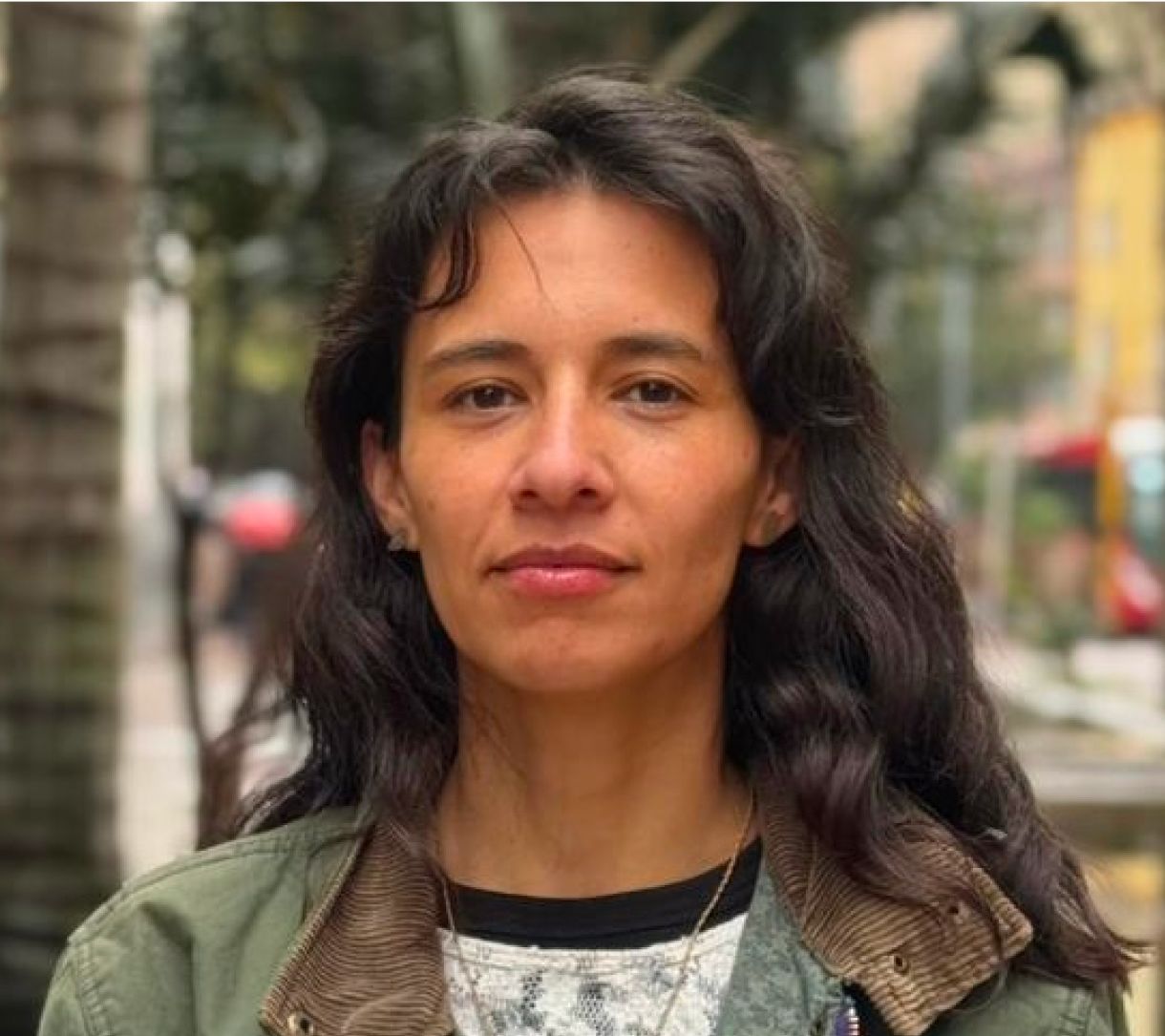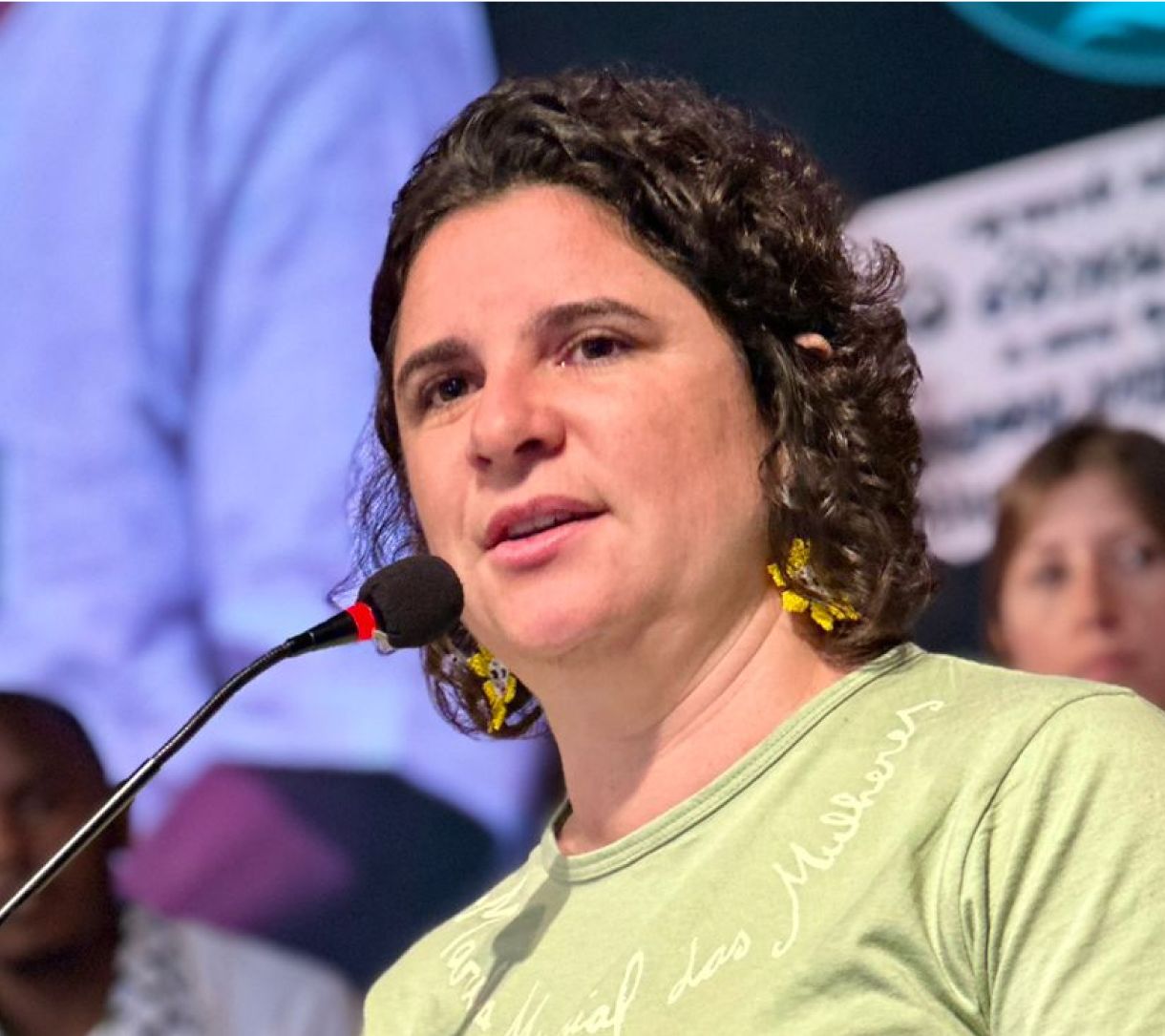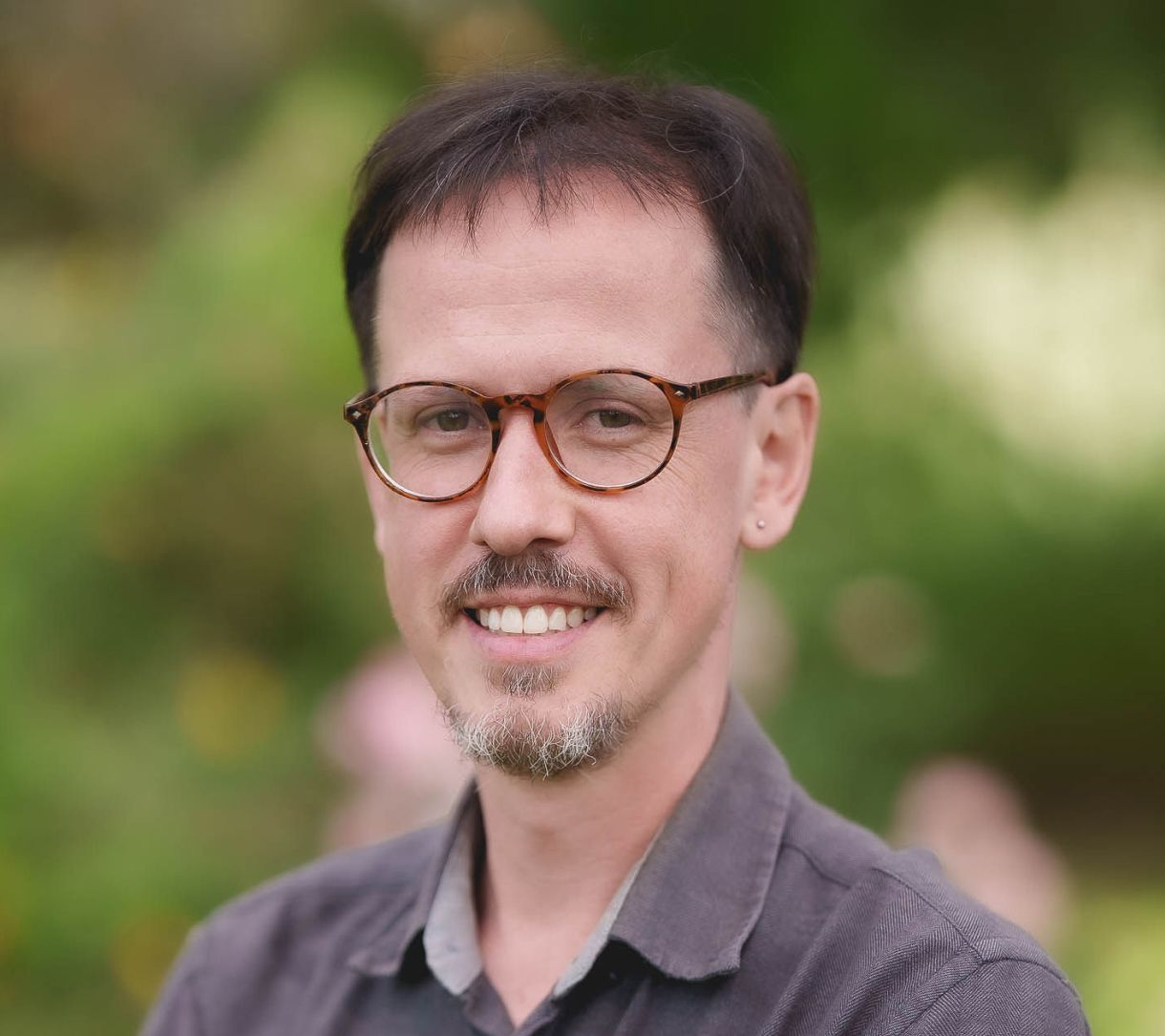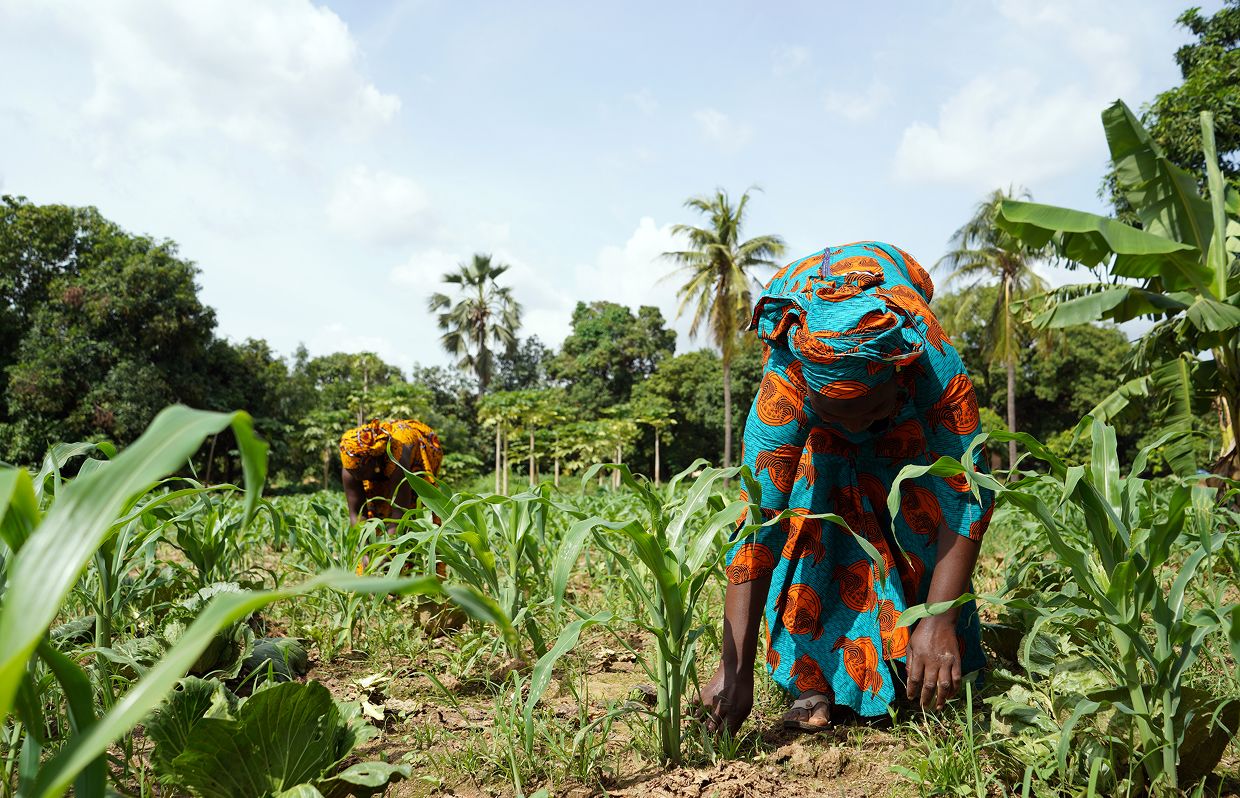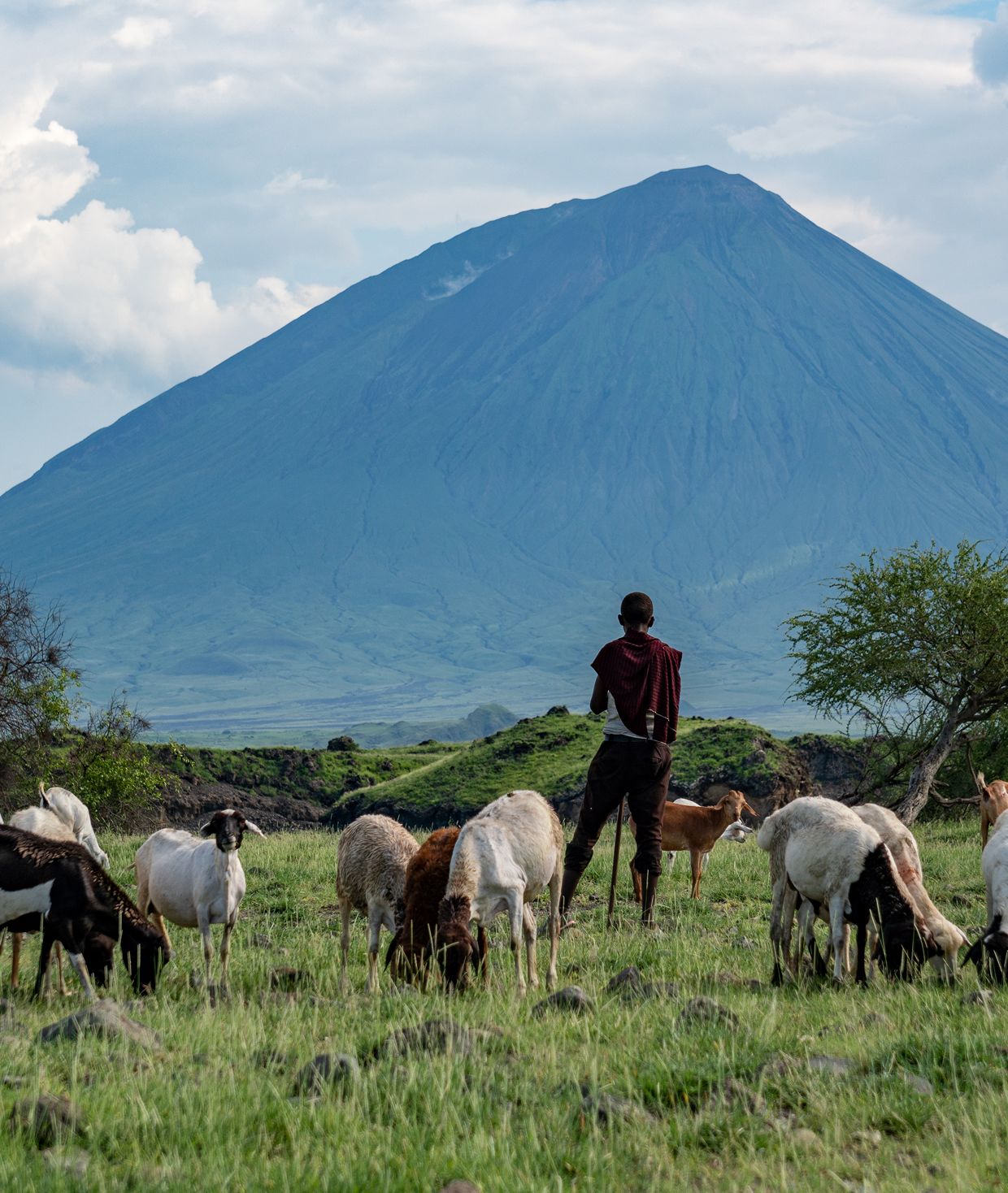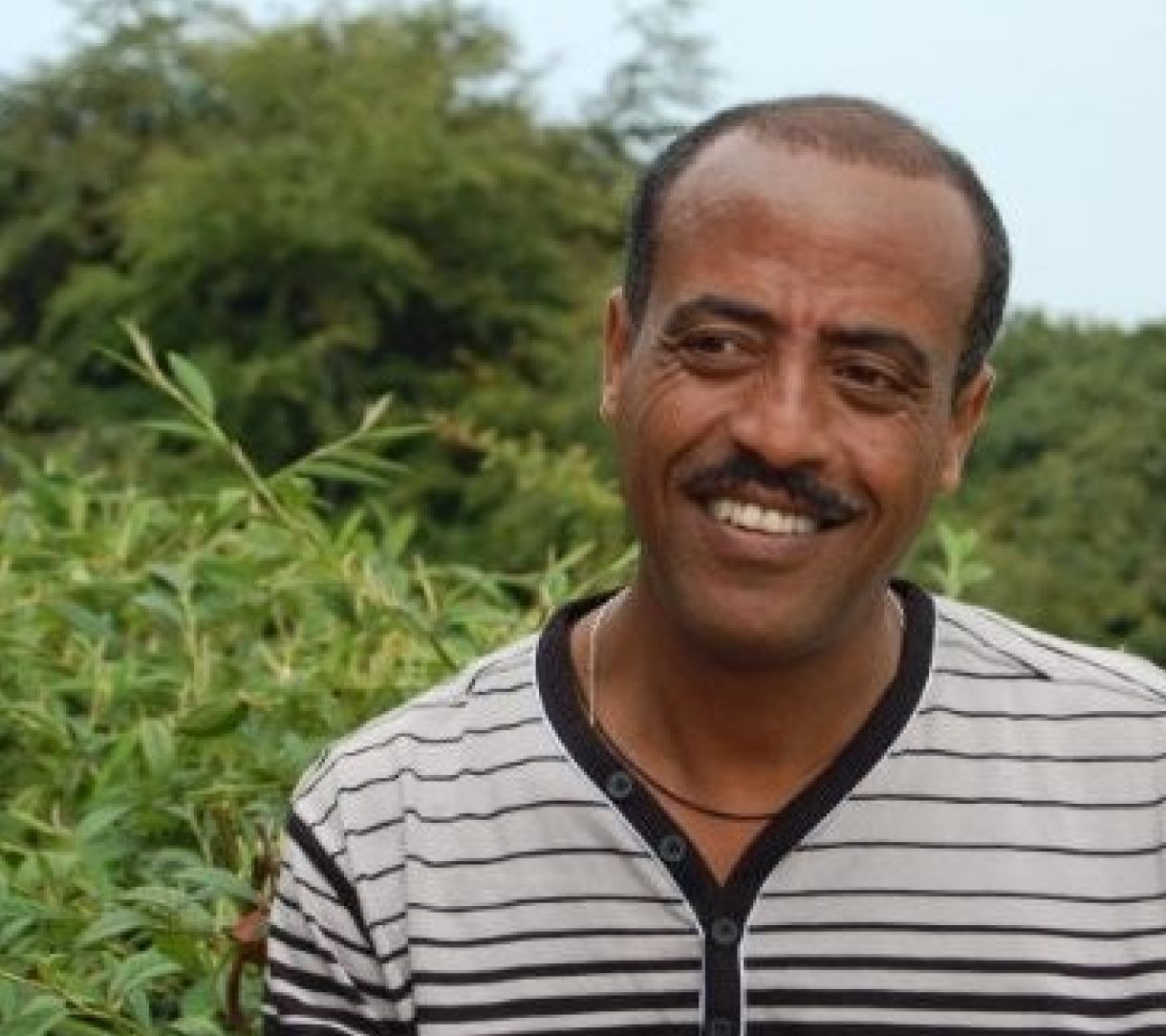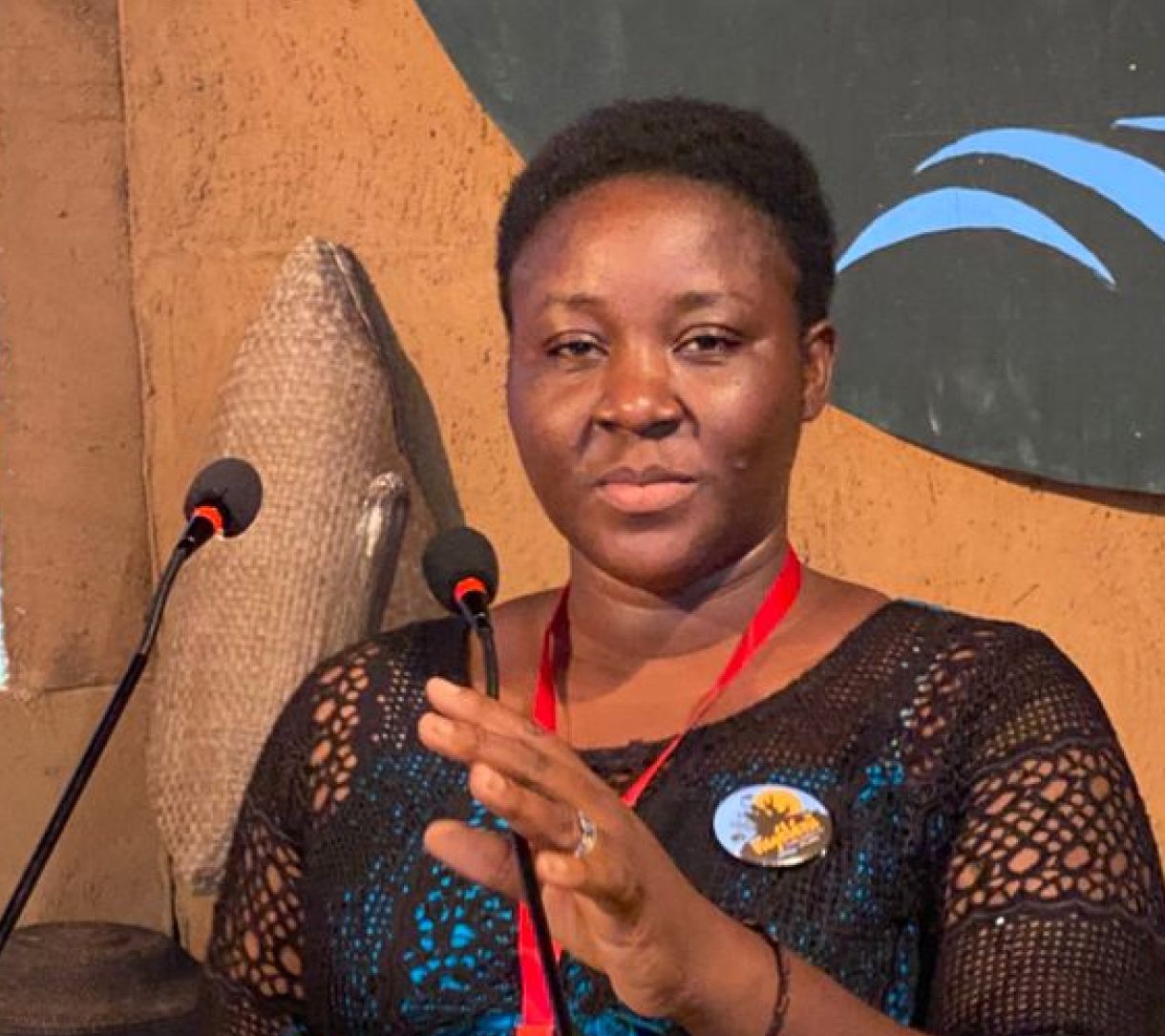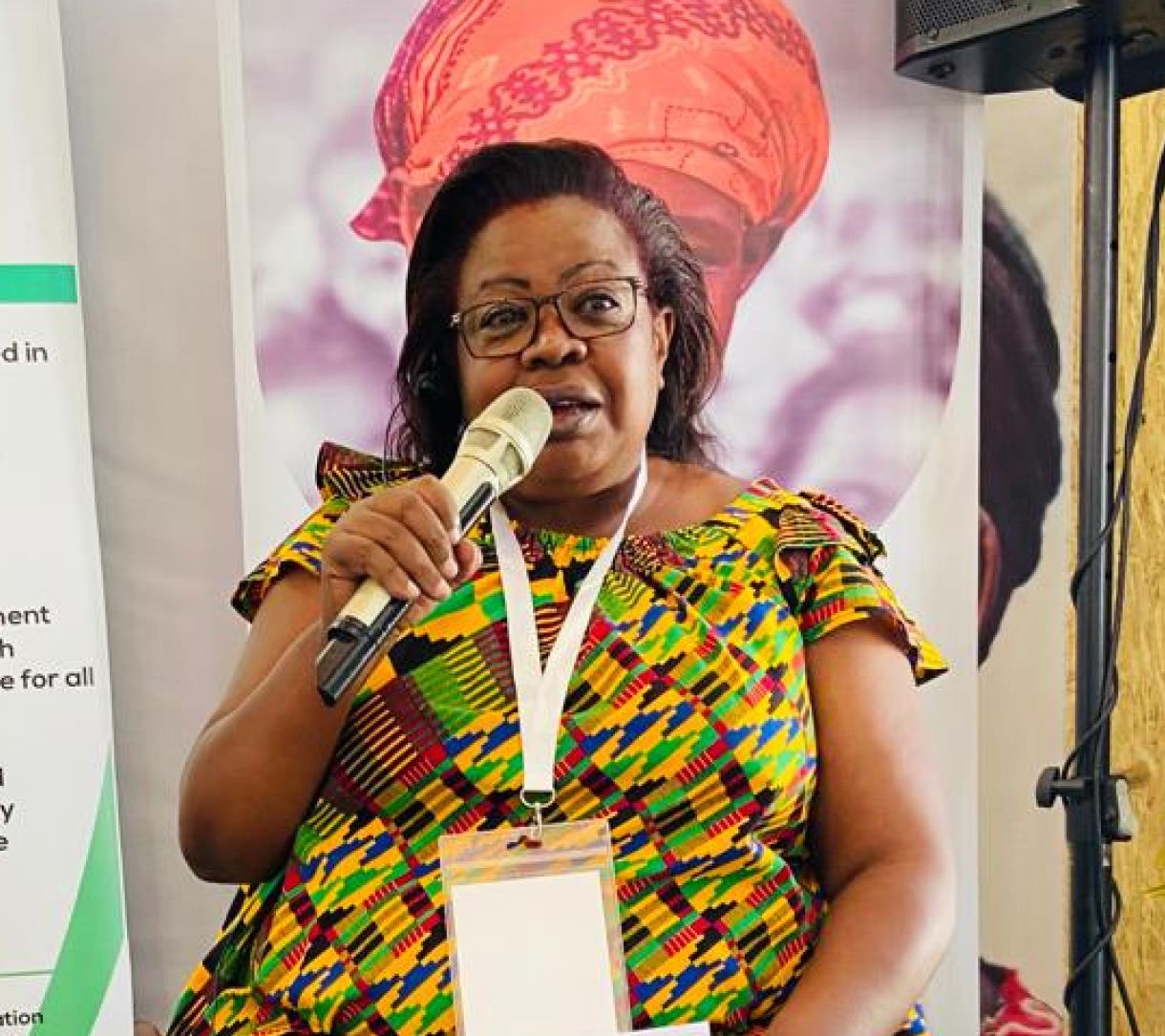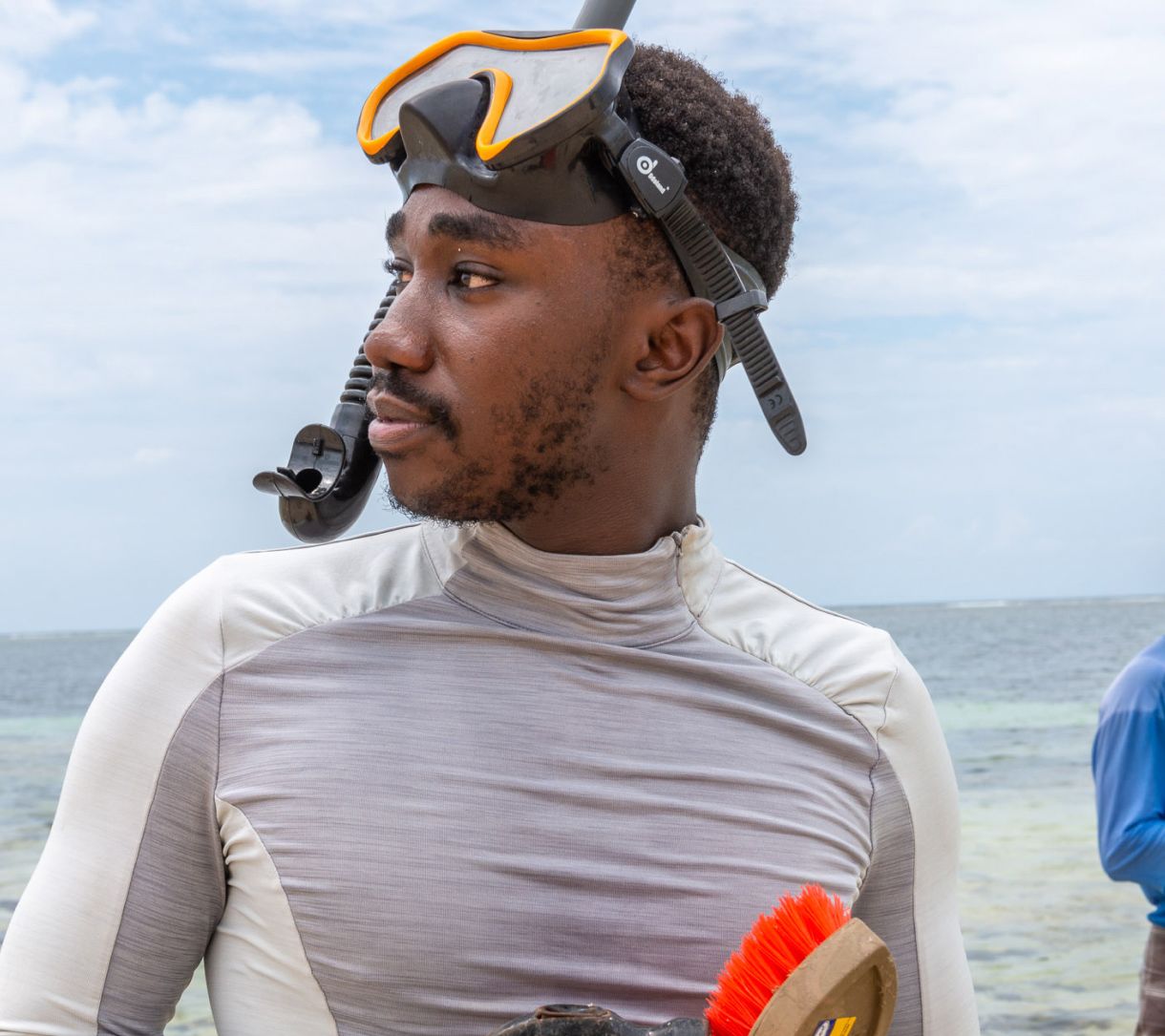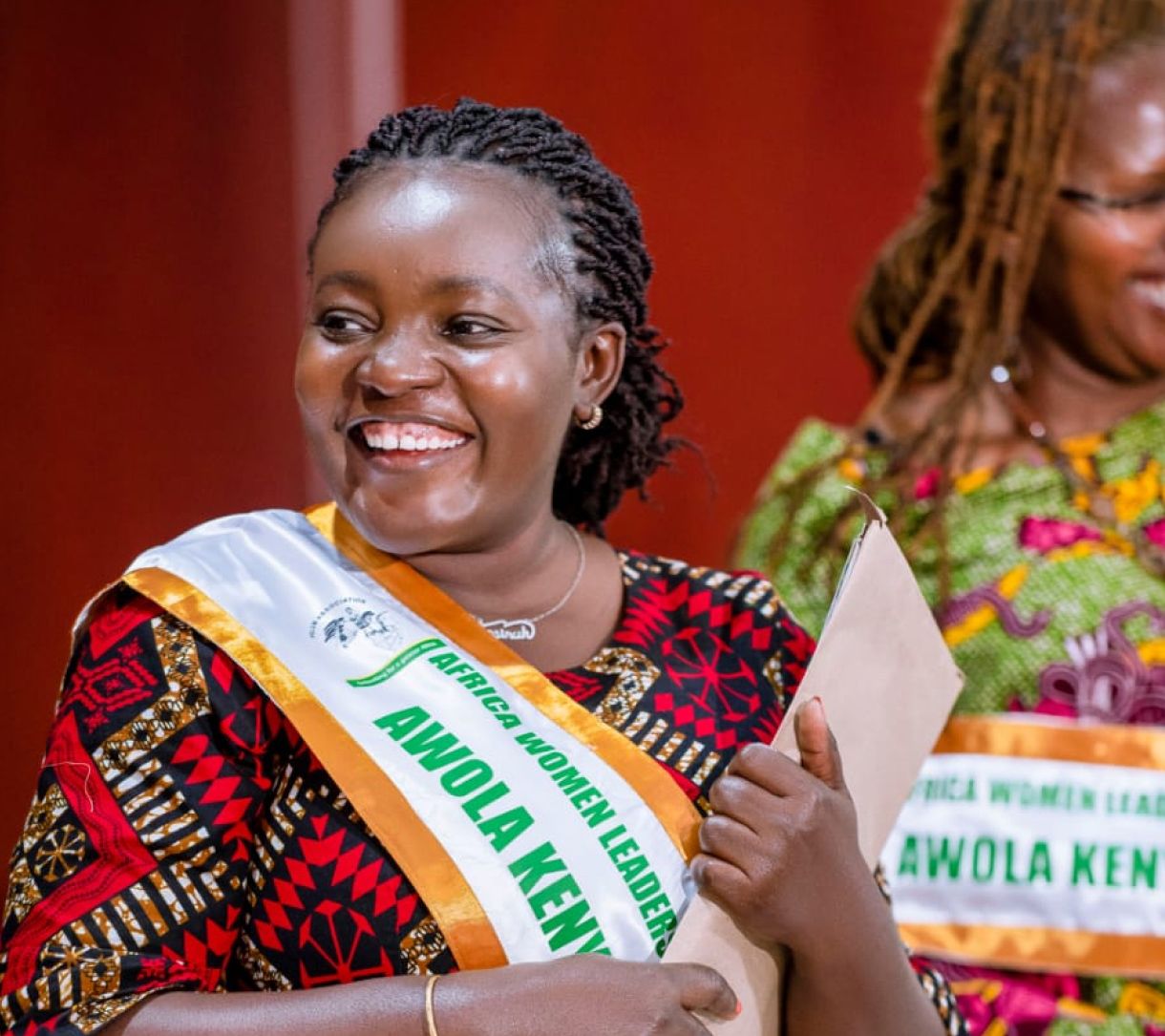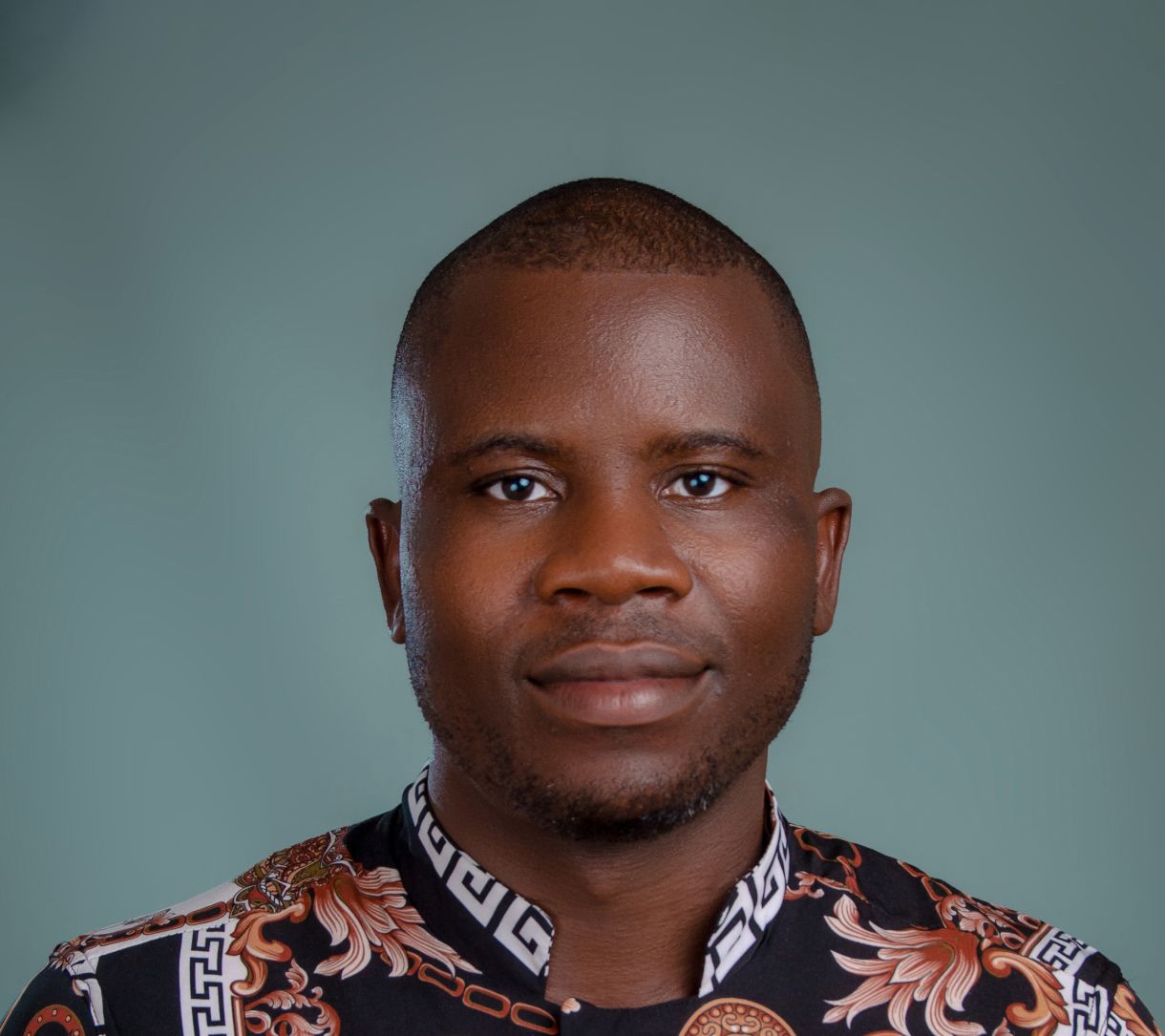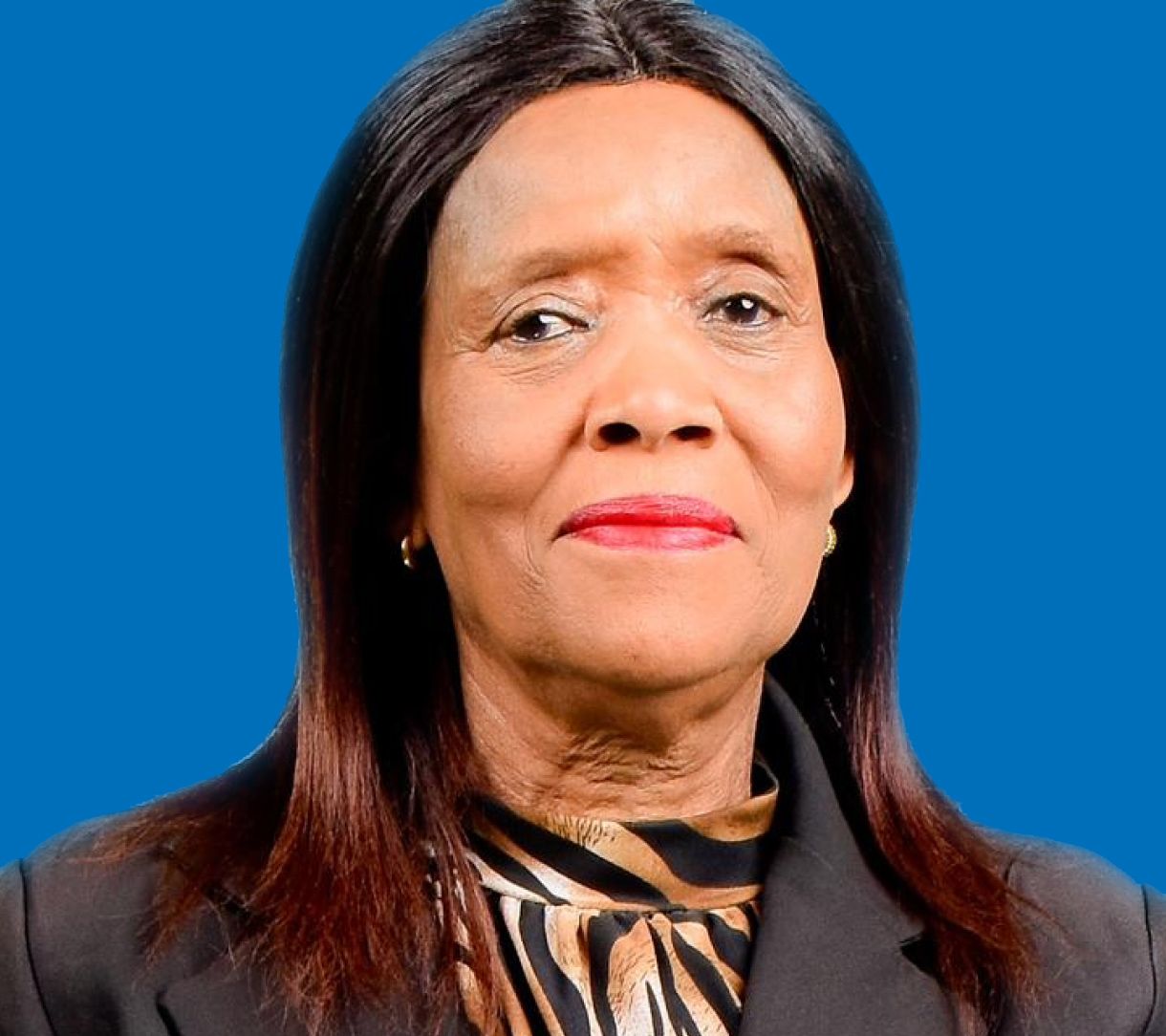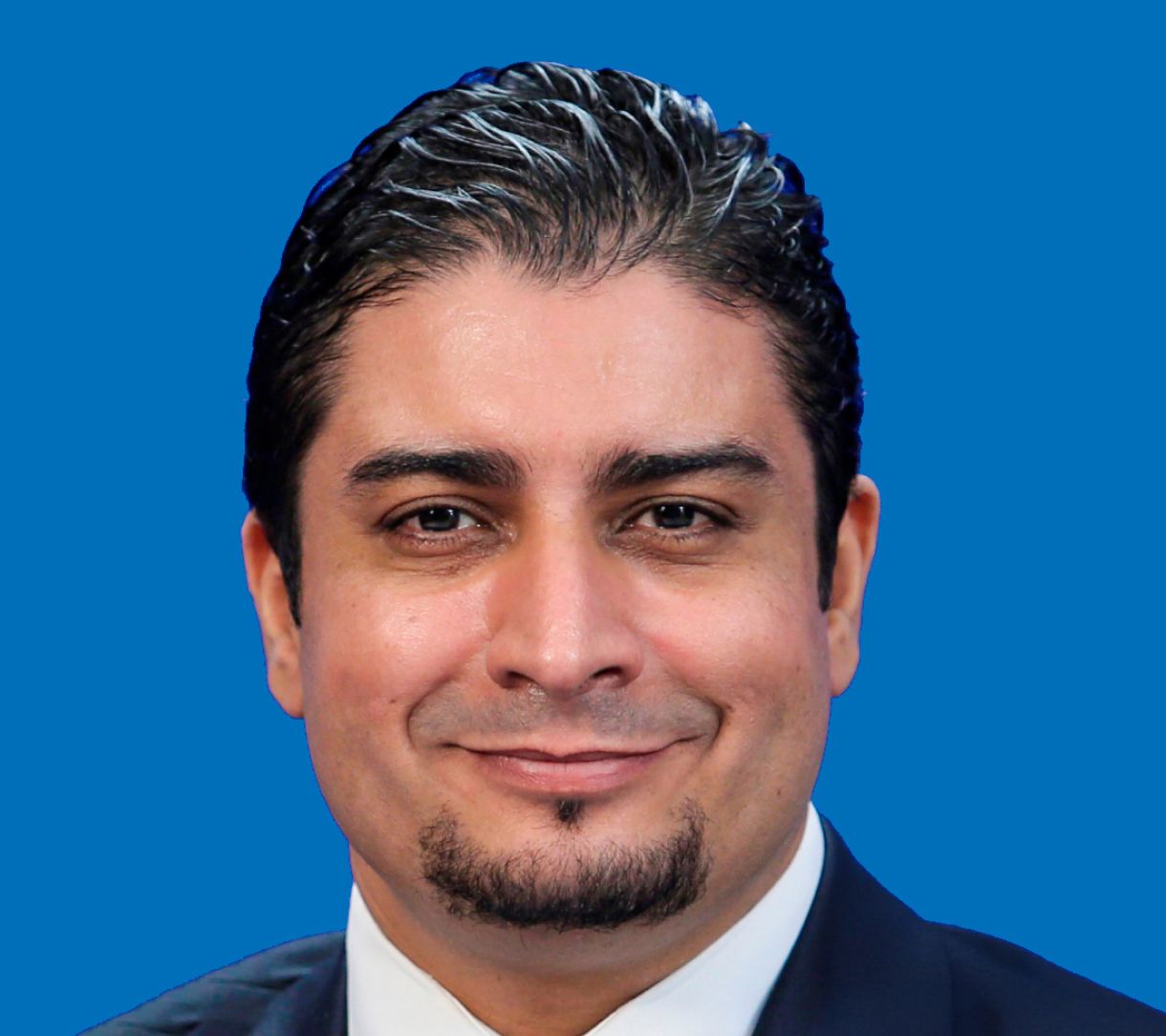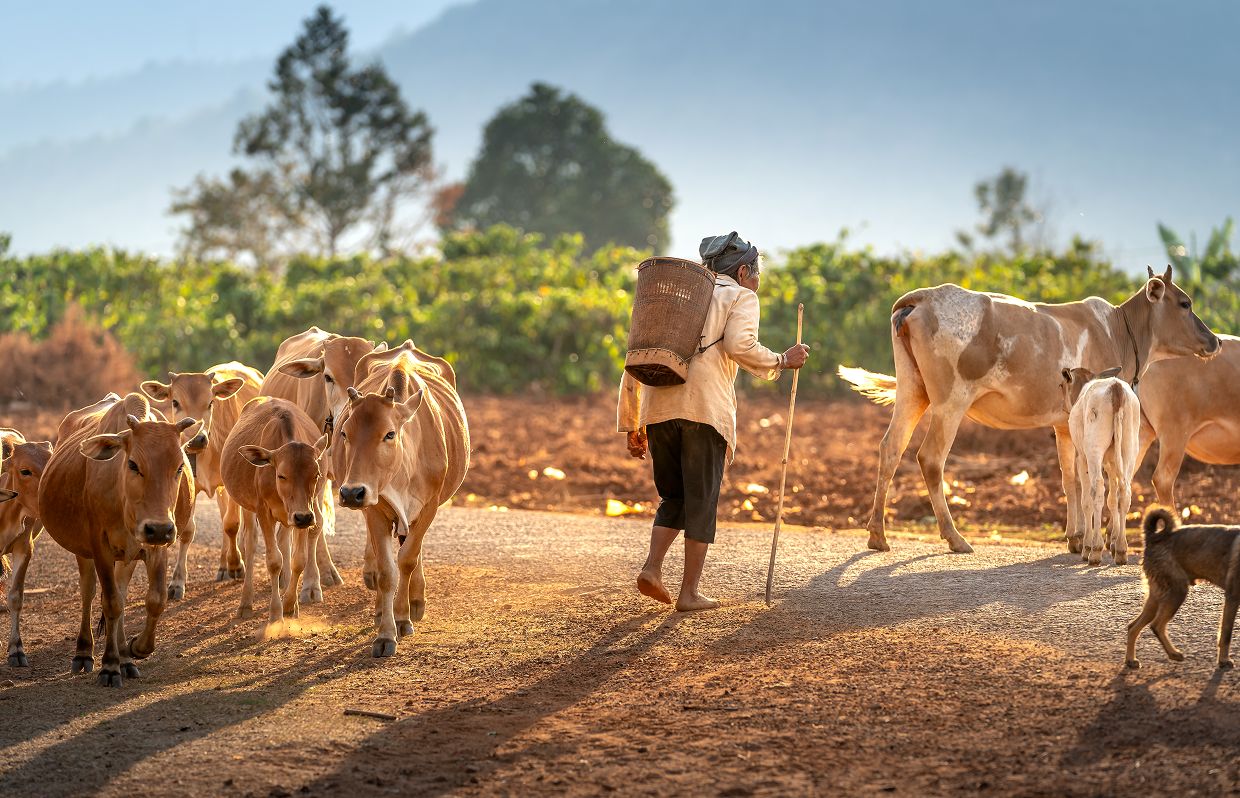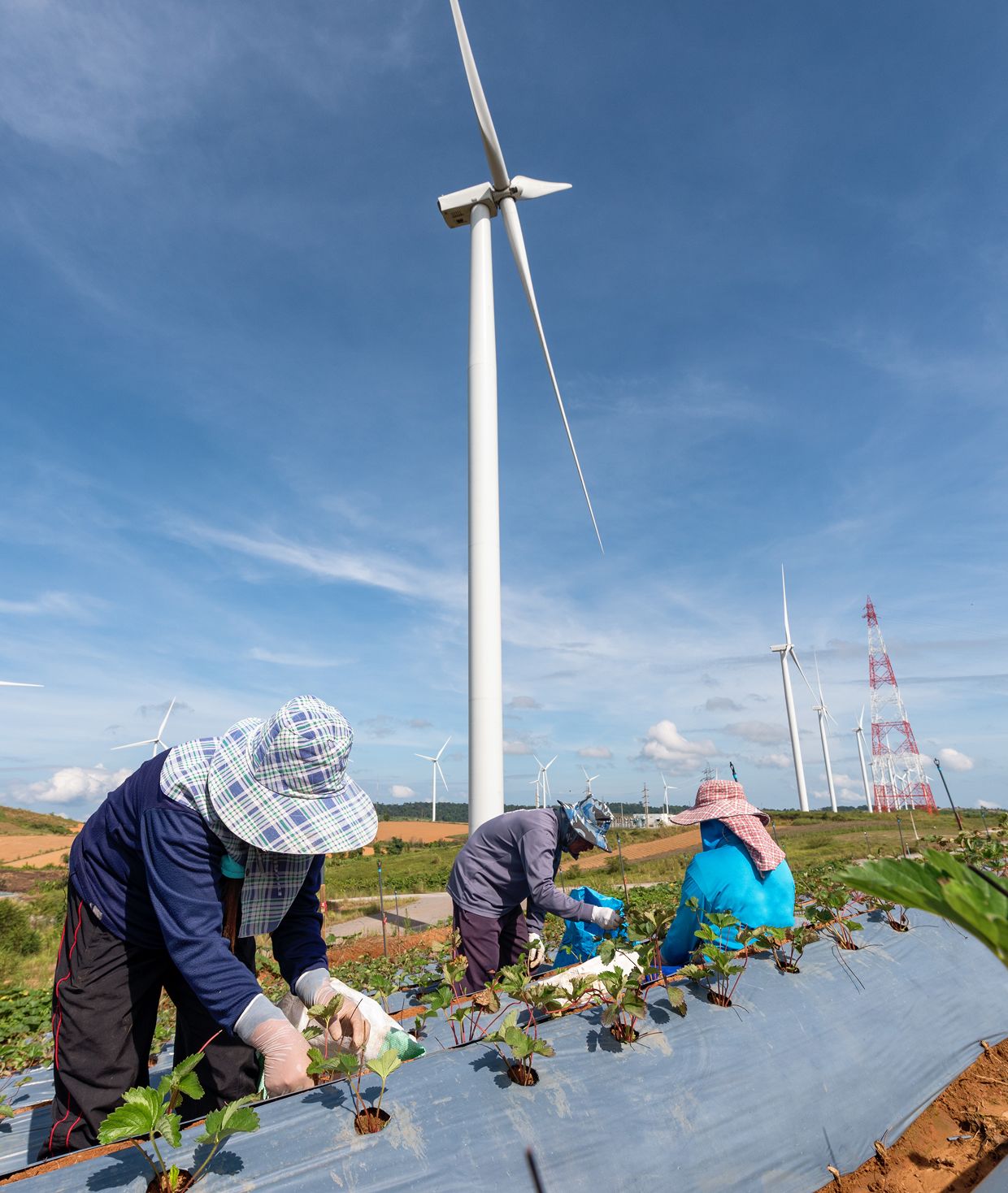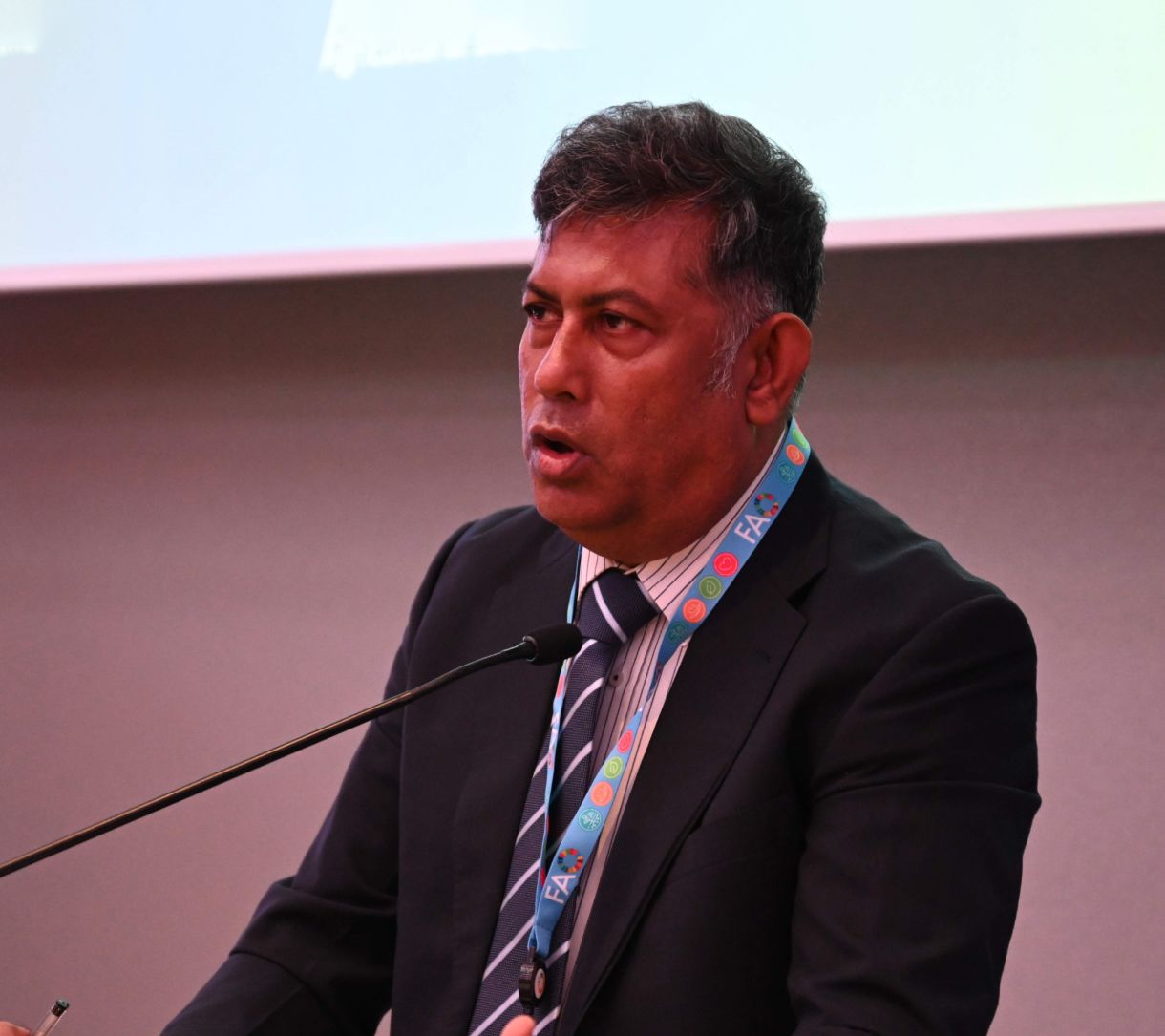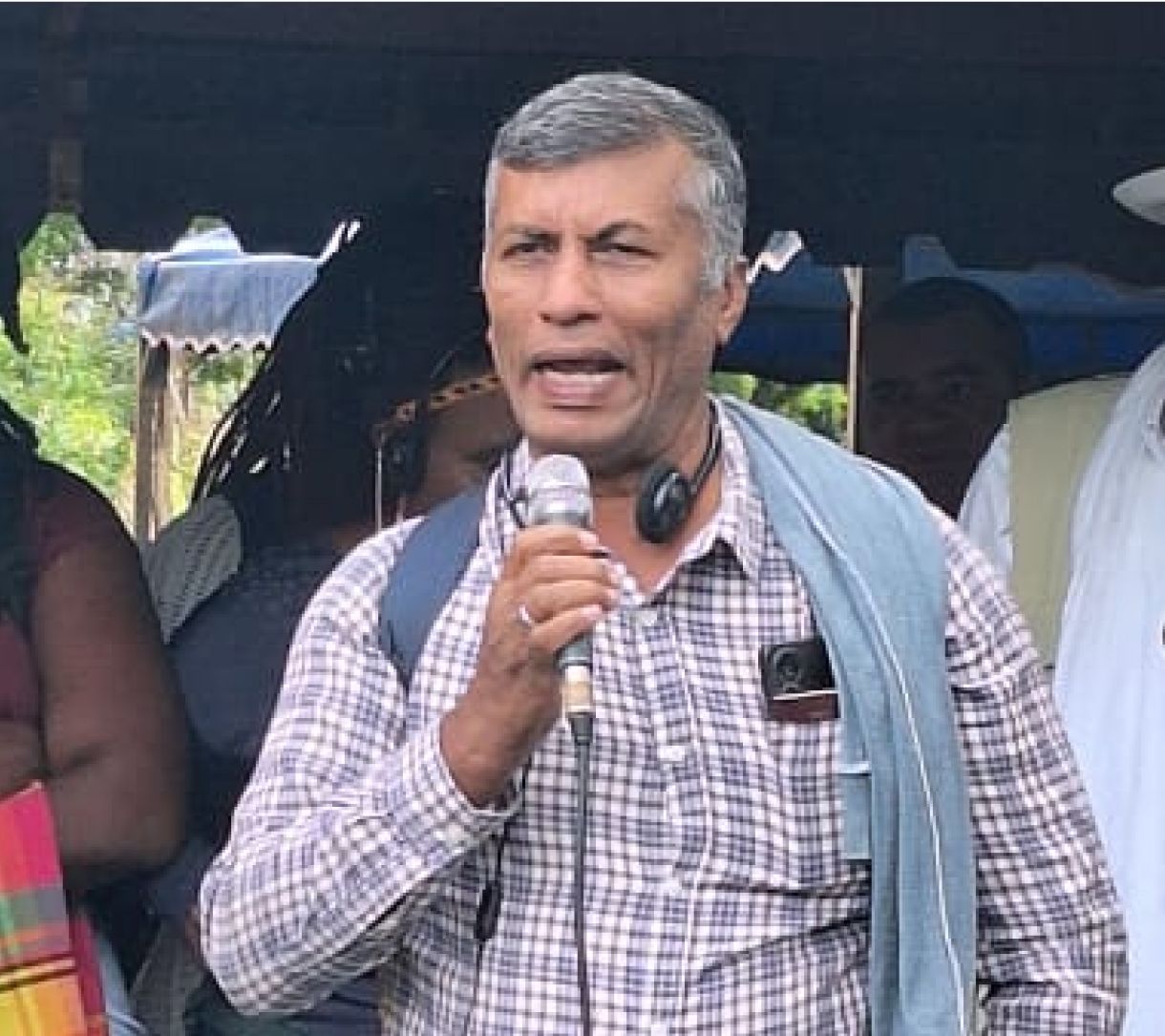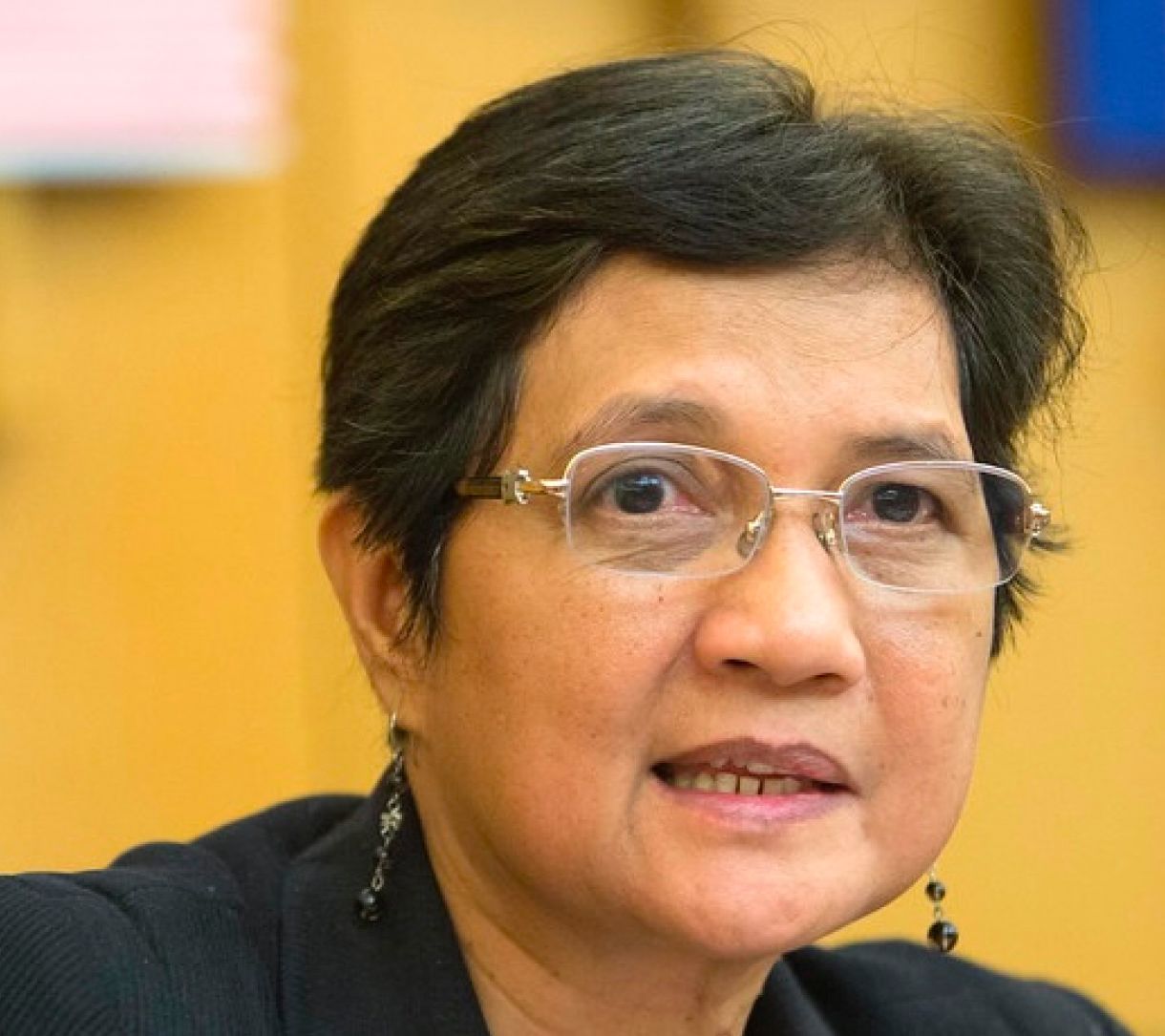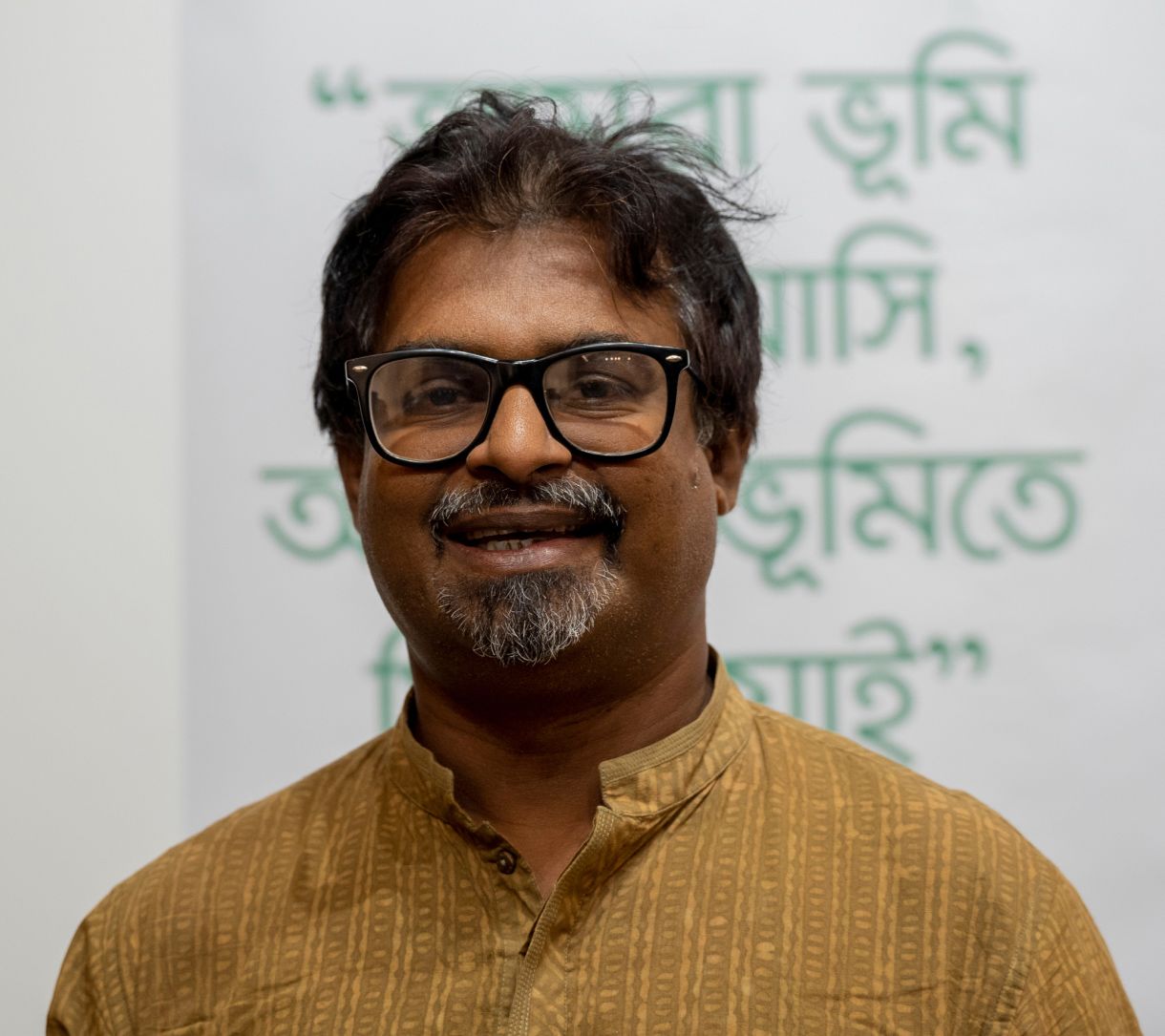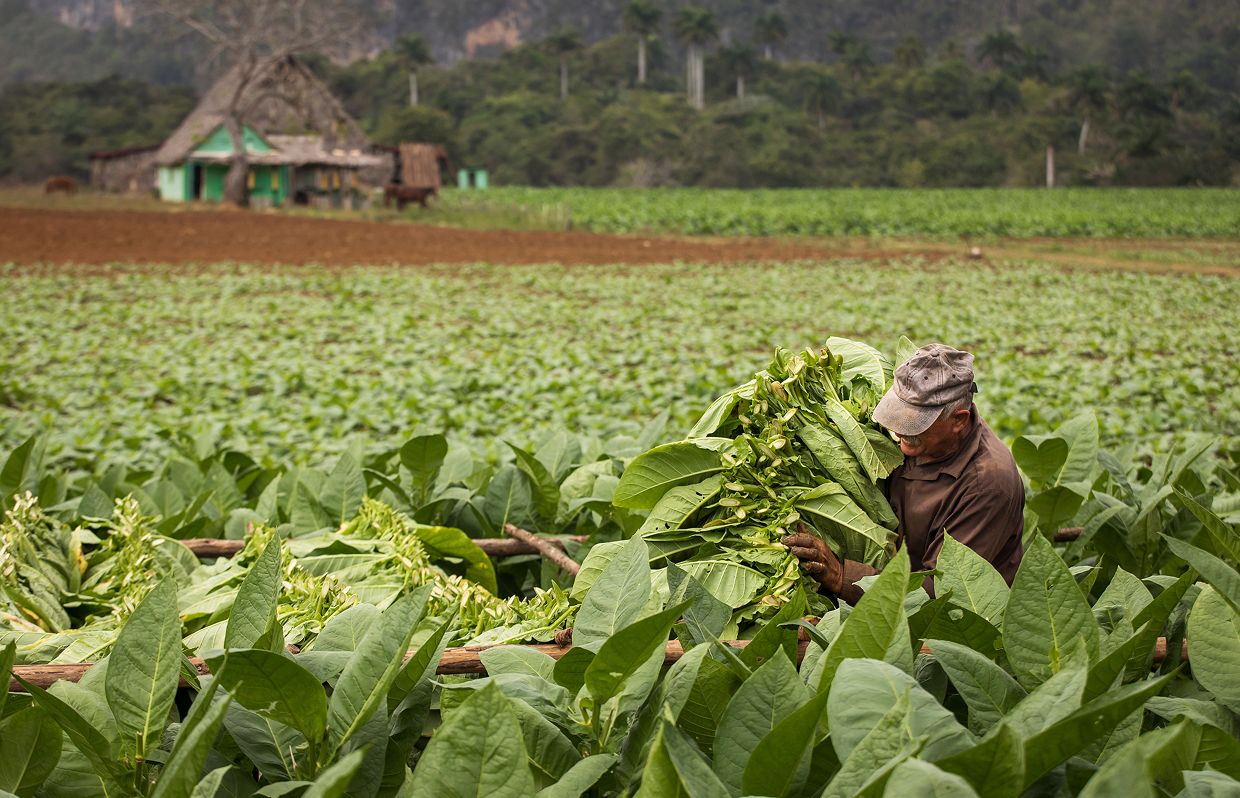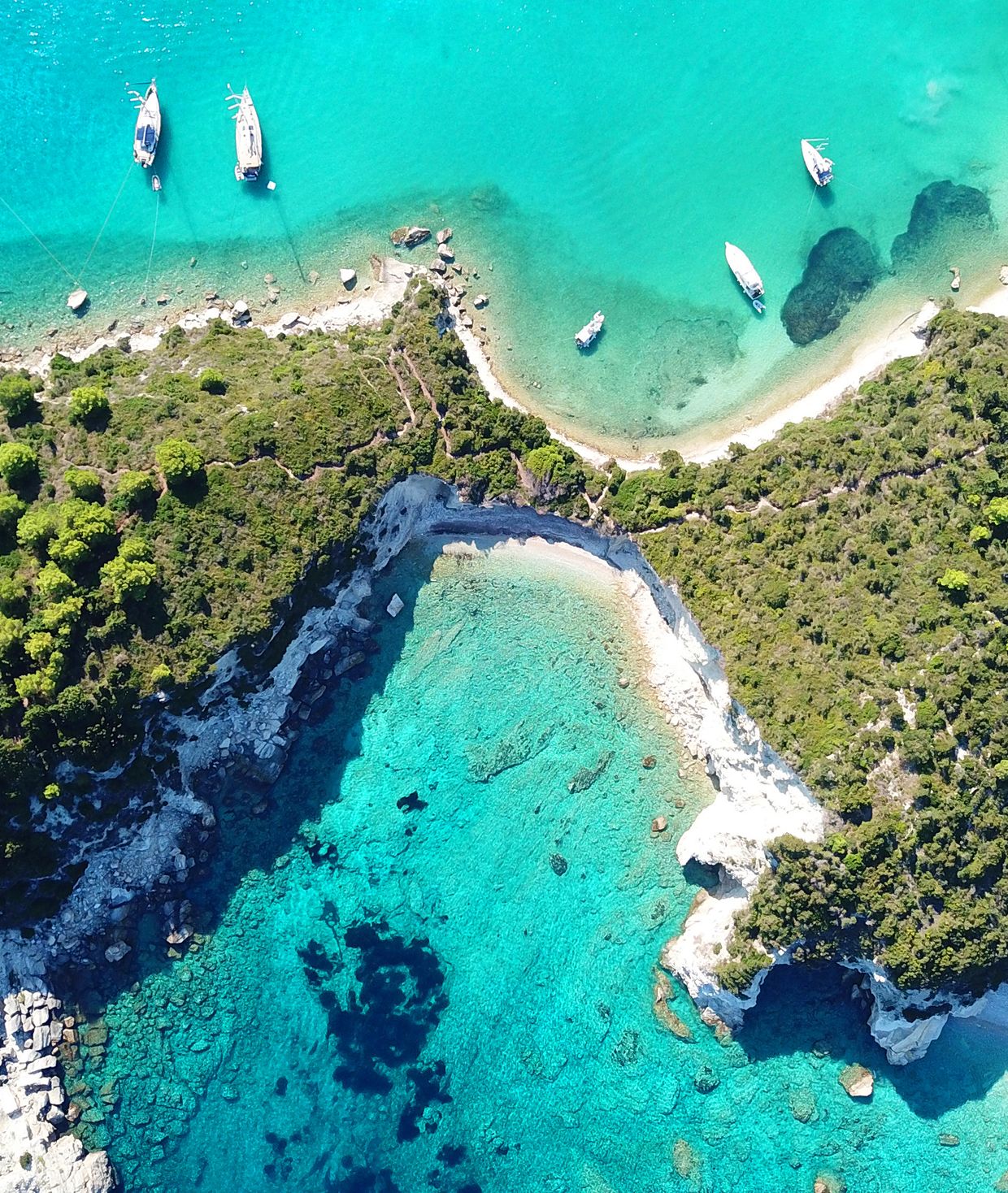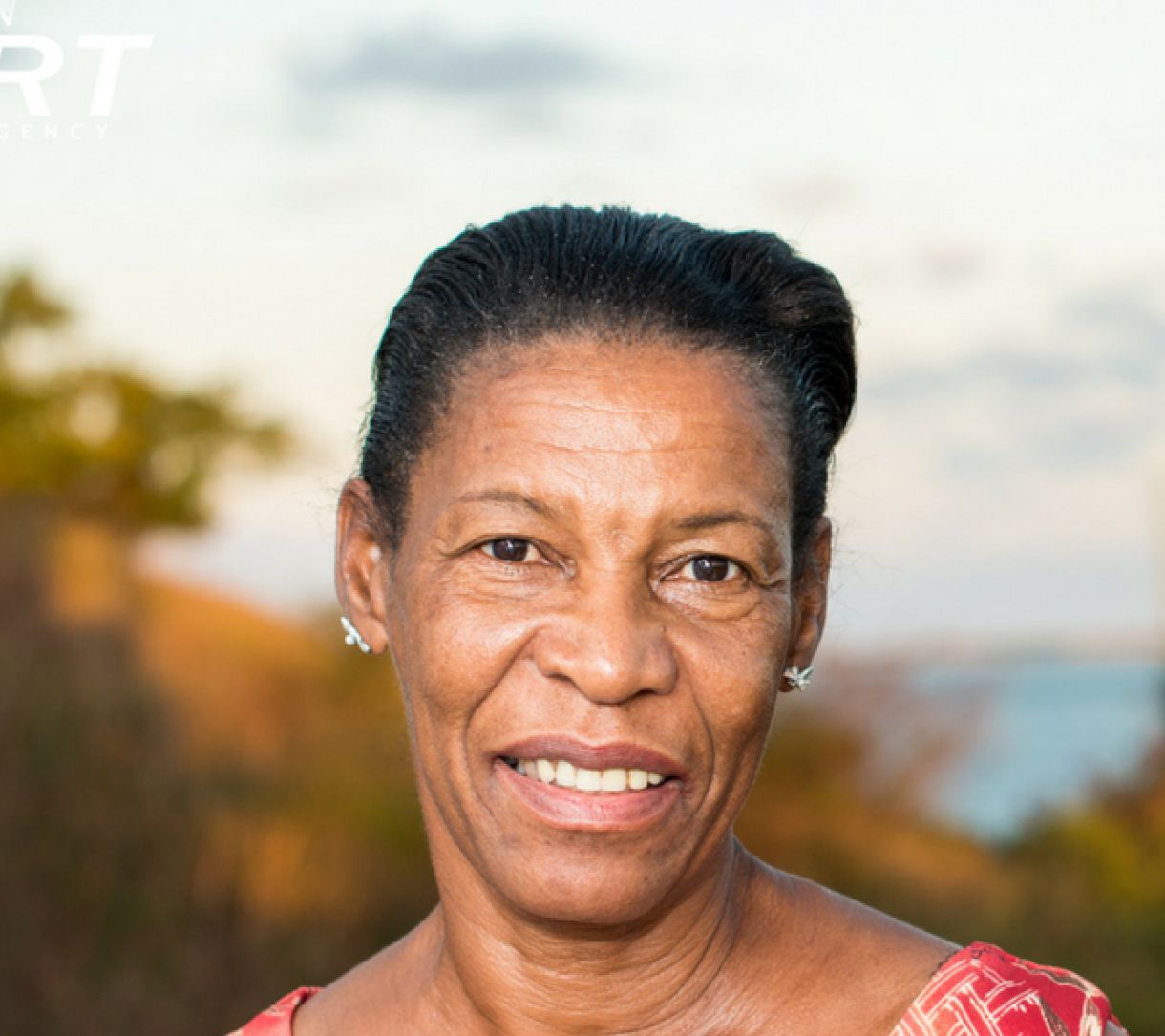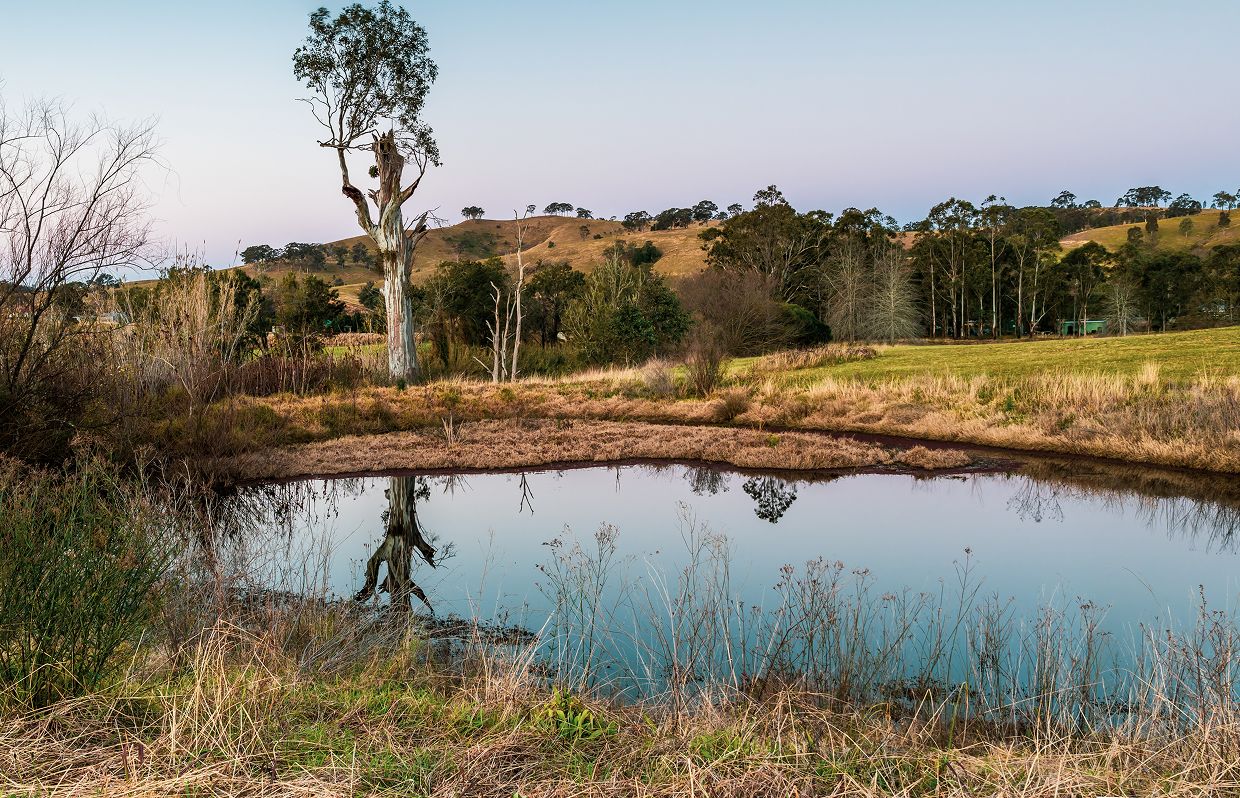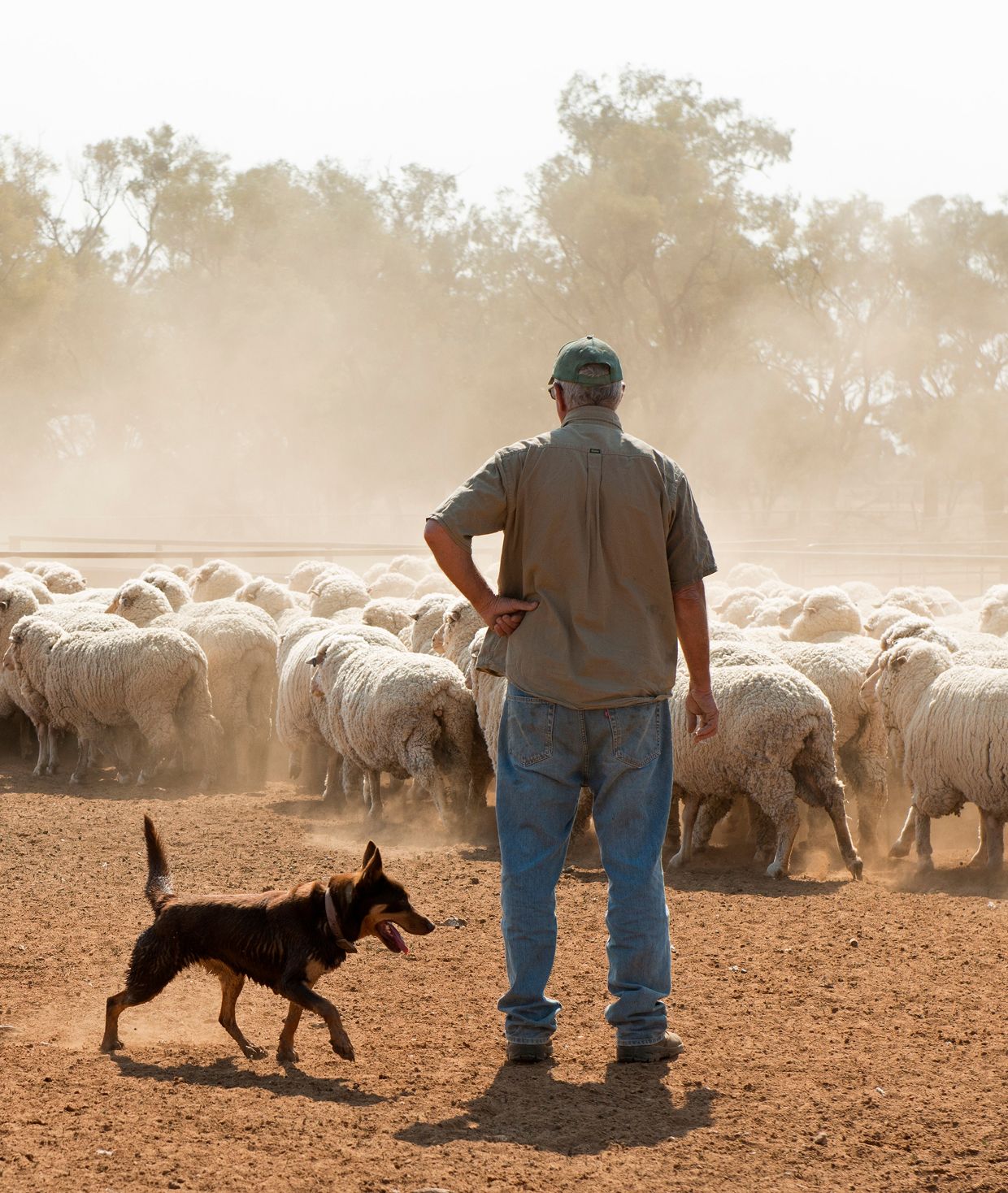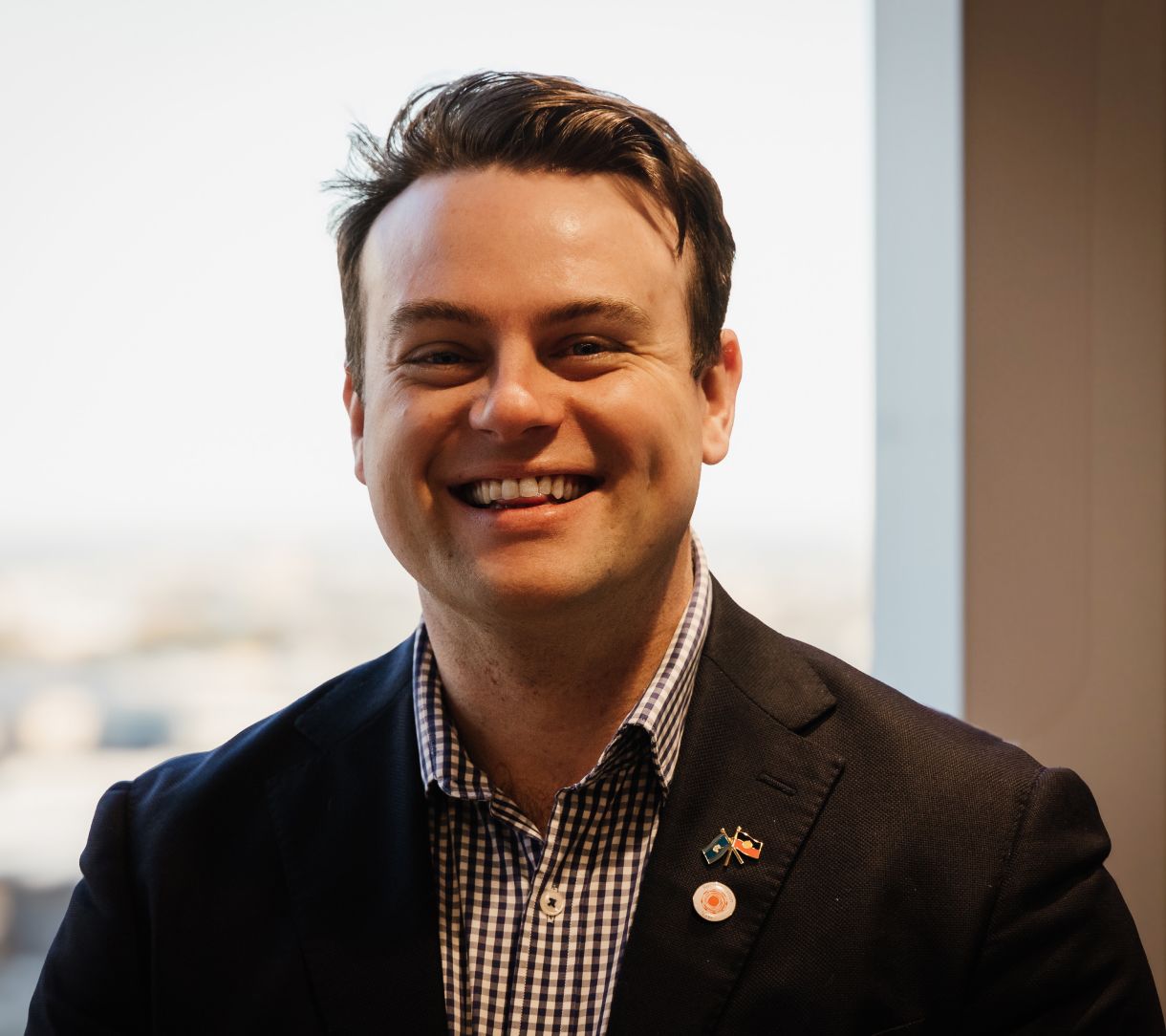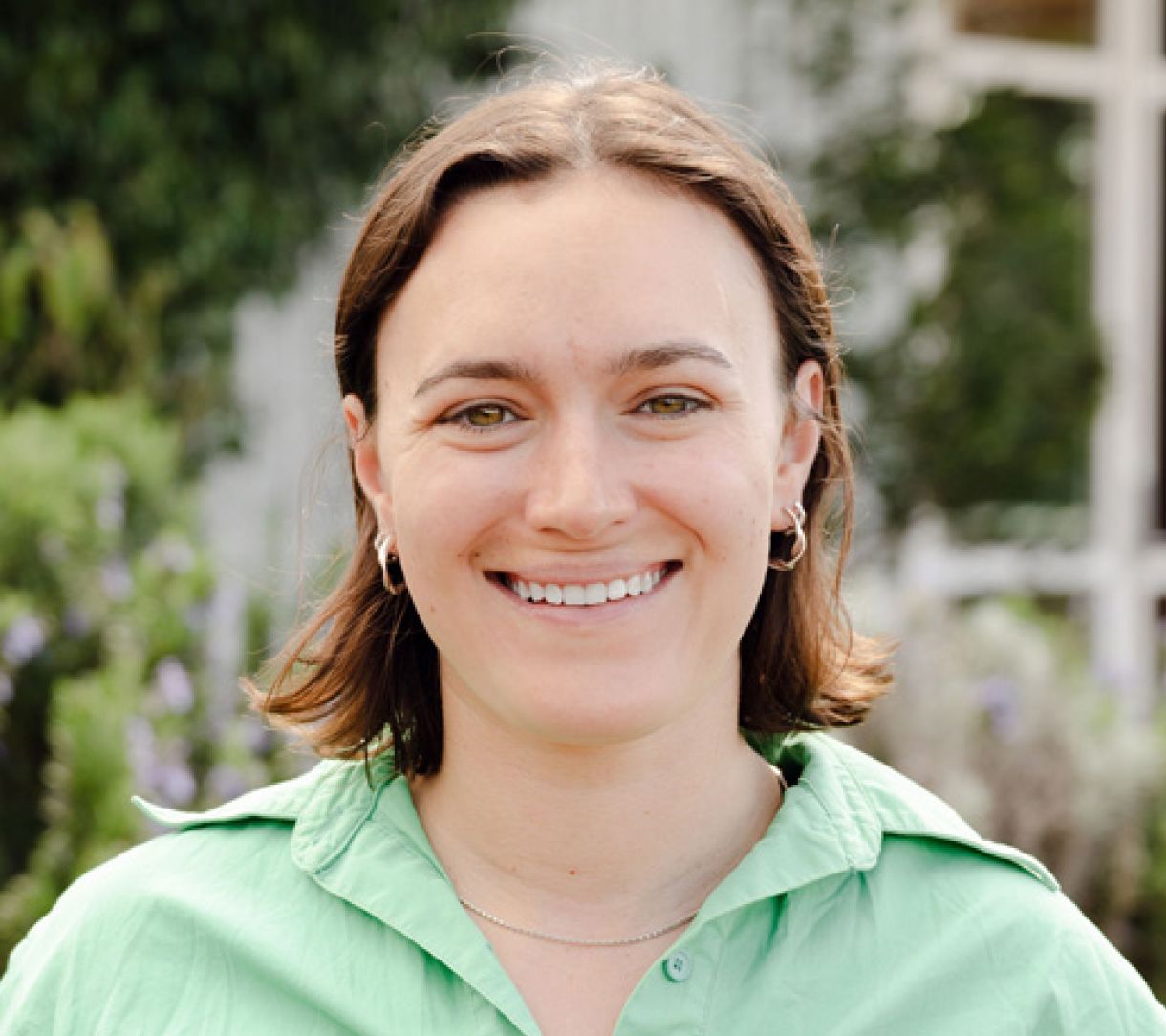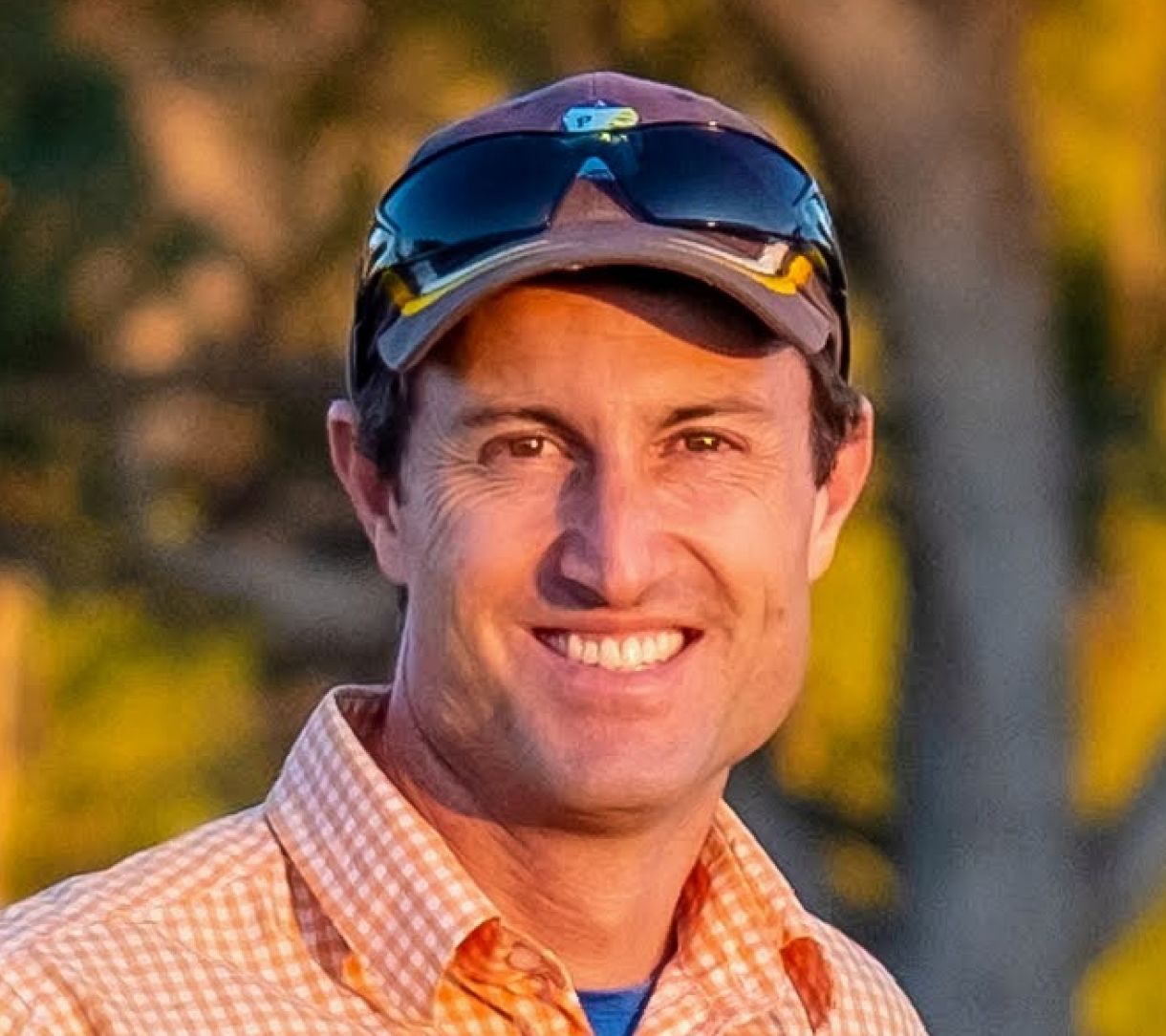Frontline Food Leaders at COP30
The Global Alliance for the Future of Food is pleased to support the participation of 22 Frontline Food Leaders from around the world at the UN Climate Change Conference in Belém, Brazil, from 10-21 November 2025.
Frontline Food Leaders at COP30
The Global Alliance for the Future of Food is pleased to support the participation of 22 Frontline Food Leaders from around the world at the UN Climate Change Conference in Belém, Brazil, from 10-21 November 2025.
This initiative, now in its fourth year, offers the opportunity for food systems leaders and their organizations to access and shape the climate negotiations, to advance progress on climate solutions that take into account the vital role of transforming food systems and to bring in valuable perspectives from local contexts and solutions to global discussions.
Each of the leaders profiled below bring unique insights and learnings from their long-standing work as food producers, researchers, community trainers, and food justice advocates. Their organizations are at the forefront of campaigns for food sovereignty, nature protection, and the rights of Indigenous Peoples and local communities. Small-holder farmers, pastoralists, herders, and traditional fishers are on the frontlines of climate impacts. Now more than ever it is critical to ensure a just transition away from corporate-controlled, fossil-fuel dependent food systems—a primary driver of the climate and ecological crises—towards regenerative and agroecological approaches that deliver a range of benefits—from food security and nutrition, to climate and biodiversity protection, to enhancing soil health, preserving forests, water, seeds, and ensuring long-term climate adaptation and sustainable livelihoods for farmers and fishers.

Latin America
Ysabel A. Calderón Carlos
Ysabel, founder of Sumak Kawsay, is a Peruvian ecopreneur with a background in chemical engineering. She works to conserve native stingless bees and restore dry-forest and mountain ecosystems. Through the initiative: Women Guardians of the Native Bees, she empowers 60 Quechua and peasant women with skills in meliponiculture, sustainable honey production, and reforestation. She is the winner of the 2024 MIDORI Prize for Biodiversity and combines research, community leadership, and storytelling to protect pollinators and food security while building resilient rural economies in northern Peru. Ysabel will be at COP30 for Weeks 1 and 2.
“Native stingless bees are silent architects of our food systems, ensuring the pollination of fruits, vegetables, and seeds that sustain humanity. Their conservation is not optional; it is essential.”
- Ysabel A. Calderón Carlos
Karina Gonçalves David
Karina is a Brazilian farmer and agroforestry practitioner advancing just food system transitions amid the climate and biodiversity crises. She co-founded ProNobis Agroflorestal, where she cultivates organic food in syntropic agroforestry systems, trains farmers, and consults on agroecology, PGS certification, and Shiitake mushroom production. Karina organizes with the Ecovida Network’s PGS, has led AOPA, and currently serves as Southern Regional Director of Instituto Brasil Orgânico. Internationally, she is part of INOFO, amplifying farmer voices in climate and food governance. Her work demonstrates how farmer-led innovation regenerates landscapes, protects biodiversity, and builds equitable, resilient food systems. Karina will be at COP30 for Weeks 1 and 2.
“Agroecology is not just about regenerating soil; it's about regenerating relationships—between people, land, and ecosystems. It's about equity, justice, and resilience, rooted in the wisdom of communities and the cycles of nature.”
- Karina Gonçalves David
Andrea Gómez Lozano
Andrea holds a Master’s in Rural Development from the Federal University of Rio Grande do Sul (Brazil). She is Executive Director of Red CSA Colombia and Project Coordinator at Proyectar Sin Fronteras (PSF), advancing agroecological transitions, community-supported agriculture, participatory guarantee systems, and women’s empowerment. Andrea also co-facilitates the Agroecology Coalition’s Implementation Working Group, bridging grassroots initiatives with global processes. Andrea will be at COP30 for Weeks 1 and 2.
Sarah Luiza de Souza Moreira
Sarah is a feminist activist with the World March of Women (WMW) and the agroecology movement. She serves as Executive Secretary and member of the expanded coordination of the Women’s Working Group of the National Agroecology Articulation (ANA). Her work confronts patriarchy, racism, and LGBTQ+phobia while advancing food sovereignty, social justice, and ecological resilience. Rooted in both feminism and agroecology, Sarah believes these struggles are inseparable—and together they form a concrete response to the socio-environmental and climate justice we aspire to build. Sarah will be at COP30 for Week 1.
“Through the feminist struggle, we affirm that women have played a fundamental role in the production and reproduction of life, which needs to be recognized but also shared.”
- Sarah Luiza de Souza Moreira
Máximo Mazzocco
Máximo is a socio-environmental entrepreneur with over 15 years of experience in sustainability. He is the Founder of EcoNews, one of the largest Spanish-speaking environmental media outlets, and Eco House Global, an organization with more than 40 ongoing programs. He also serves on the Steering Committee of the Youth Climate Justice Fund, is a UNDP G17 Alumni, and actively advises policymakers, businesses, and civil society leaders on systemic change. Through his work, Máximo bridges grassroots action with global processes to advance just and sustainable transitions in food, climate, and society. Máximo will be at COP30 for Week 2.
“We have broken the harmony between humanity, nature, and the way we produce food. Yet thousands of producers are striving to do things differently. We must support them, create the right conditions for transition, and build food systems that truly nourish life with justice, resilience, and abundance for all.”
- Máximo Mazzocco
Fabricio Muriana
Fabricio is an agroecology campaigner and activist, serving as a member and co-facilitator of the Markets Working Group of the Agroecology Coalition. He is a civil society representative in the UNFSS Activation Group 9 and co-leads Na Mesa da COP30 (“At the COP30 Table”), an initiative ensuring that food at COP30 reflects agroecology, sociobiodiversity, and climate responsibility. The campaign seeks to make COP30 a milestone where food choices become climate action—centring Amazonian and Brazilian food culture, uplifting local producers, cutting emissions, and showing the world that sustainable diets can nourish both people and the planet. Fabricio will be at COP30 for Weeks 1 and 2.
Africa
Dr. Fassil Gebeyehu Yelemtu
Dr. Fassil is the General Coordinator of the African Biodiversity Network (ABN), a conservationist and social anthropologist. A certified earth jurisprudence practitioner, he trained for three years in this philosophy that recognizes the earth as the source of law. He leads efforts across Africa to strengthen community and ecosystem resilience, advance ABN’s bio-cultural values, and promote decolonized, evidence-based approaches to conservation that uphold environmental stewardship and cultural integrity. Dr. Fassil will be at COP30 for Weeks 1 and 2.
“The earth is not a resource but a ‘living being’ on which our food systems and lives depend on.”
- Dr. Fassil Gebeyehu Yelemtu
Kabore Estere
Kabore is a dedicated professional from the Réseau des Organisations Paysannes et des Producteurs Agricoles de l'Afrique de l'Ouest (ROPPA) with extensive experience in sustainable agriculture and agroecology. She has been actively involved in promoting environmentally friendly farming practices, supporting farmers’ organizations, and advocating for policies that enhance food security and rural development across West Africa. Estere combines communication expertise with strong coordination skills, contributing to programs that strengthen the capacity of local communities and foster innovation in agricultural practices. Kabore will be at COP30 for Weeks 1 and 2.
Gertrude Kenyangi
Gertrude is Executive Director and Founder of Support for Women in Agriculture and Environment and holds a Bachelor’s degree in Agriculture from Makerere University and a Master’s in Integrated Rural Development Planning. She has represented East African civil society at the UN-FAO's Committee on Food Security and served as an observer for the Climate Investment Fund. A recipient of the 2015 Wangari Maathai Prize and ONE Prize, Gertrude is a dedicated advocate for sustainable livelihoods and food security. Gertrude will be at COP30 for Weeks 1 and 2.
“The race is not to the swift, nor the battle to the strong, nor bread to the wise, nor riches to men of understanding, nor favour to men of skill; but time and chance happen to them all.”
- Ecclesiastes 9:11
Ledama Masidza
Ledama is a Kenyan leader working at the intersections of food systems, conservation, and community empowerment. Passionate about the ocean, forests, and sustainability, he champions Indigenous food systems and community-led conservation initiatives. His leadership has gained international recognition, with features on BBC, CNN, and Al Jazeera showcasing his impact on communities and ecosystems worldwide. Ledama will be at COP30 for Week 2.
“Our food systems will only be as strong as the people who steward them. Frontline communities already hold the wisdom to nourish people and the planet. At COP30, I carry this message: justice in food systems means shared power, dignity, and resilience.”
- Ledama Masidza
Rosinah Mbenya
Rosinah is the Country Coordinator at PELUM Kenya, a membership network that promotes agroecological principles among smallholder farmers and pastoralists. An environmentalist by profession, Rosinah has over 14 years of experience in development projects focused on agroecology, climate change, and networking. With extensive knowledge and practical experience in issues affecting small-scale farmers and communities, Rosinah is passionate about transforming rural livelihoods and advocates for eco-friendly agricultural practices to improve community well-being. Rosinah will be at COP30 for Weeks 1 and 2.
“Small-scale farmers must be at the center of climate change discussions. Let us embrace agroecology for a safer climate.”
- Rosinah Mbenya
Pius Oko
Pius is a climate policy expert, conservationist, and agroecologist. He is the Regional Program Manager at GreenFaith Africa, leading climate and food justice campaigns across nine African countries. His work champions grassroots farmers, faith leaders, and vulnerable communities in shaping equitable climate policies. Pius also chairs the Ecosteward and Humanitarian Foundation and serves on the Advisory Board of the Amina Mohammed Centre for Climate Change. Previously, he held leadership positions with Pan African Climate Justice Alliance (PACJA) in Kenya and the African Coalition for Sustainable Energy & Access (ACSEA) in Cameroon, advancing climate justice across Africa. Pius will be at COP30 for Weeks 1 and 2.
“Africa’s food future cannot be built on fossil fuels and corporate control. Farmers, women, and youth are demanding energy justice to power their fields, kitchens, and communities. Indigenous knowledge is our blueprint for survival. At COP30, I come to say: Africa is not a sacrifice zone. Our food systems must be sovereign, renewable, and rooted in justice.”
- Pius Oko
Diane Sibanda
Diane, President and Founder of the Botswana Farmers Association, is dedicated to advocating for smallholder farmers to have a seat at the negotiation table. With experience serving on boards, she believes empowerment begins with sharing knowledge. Diane is passionate about ensuring smallholder farmers lead conversations on climate change and its devastating impact on food security in rural communities. Diane will be at COP30 for Weeks 1 and 2.
“Plant-rich diets are a powerful lever for climate action, public health, and food security. Let's work together to create a food system that nourishes both people and the planet.”
- Diane Sibanda
Prof. Kaid Youcef Mahdi Cherif
Kaid specializes in green finance, climate change, and sustainable development. With over a decade of experience in banking, academia, and civil society, he now works as the Central Director at the Banque de l’Agriculture et du Développement Rural (BADR), where he promotes sustainable financing models. In 2011, he pioneered the concept of green banking, integrating environmental responsibility into financial systems.
Kaid also founded the Climate Action Network Arab World (CANAW), which plays a leading role in uniting regional civil society organizations around climate action. In 2024, he also established the Algerian Association for the Promotion of Environmental Volunteering (AAPTVE), a national platform fostering youth engagement and ecological awareness.
Alongside his institutional roles, he teaches sustainable finance and risk management at the Higher School of Banking (ESB) and the Interbank Training Institute (IFB). He regularly contributes to UN climate negotiations and global forums on food systems and climate, positioning Algeria and the Arab world as key actors in the global sustainability transition. Kaid will be at COP30 for Week 1.
“A just and sustainable food system is not only measured by what it produces, but by the quality of life it secures for farmers, consumers, and future generations.”
- Prof. Kaid Youcef Mahdi Cherif
Asia
Dr. Shaikh Tanveer Hossain
Tanveer specializes in sustainable agriculture with nearly three decades of experience across research, non-governmental organizations, and intergovernmental organizations. His work in organic farming has helped strengthen smallholder livelihoods and rural resilience. He is Director of Policy and Strategy at the International Federation of Organic Agriculture Movement (IFOAM) Asia and is Ambassador for IFOAM–Organics International. Previously, he held senior roles at the Asian Productivity Organization (Japan), Friends In Village Development Bangladesh (FIVDB), and the Bangladesh Rice Research Institute. Tanveer received the Organic Farming Innovation Award (OFIA) from the Rural Development Administration (RDA), South Korea, and IFOAM. He holds a PhD in Agriculture from Ehime University, Japan. Tanveer will be at COP30 for Week 1.
“Organic and agroecological agriculture must be at the heart of climate ambition, not treated as an afterthought.”
- Dr. Shaikh Tanveer Hossain
Kariyawasam Majuwana Gamage Thilak
Thilak is a farmer leader and food sovereignty activist who has worked for decades with smallholder farmers to resist harmful industrial agriculture and promote agroecology and Indigenous knowledge. He holds a Diploma in Organic Agriculture and an Advanced Certificate in Organic Agriculture Development from Grolink, Sweden, and a Higher Diploma in Eco Sanitation from the University of Life Sciences in Norway. Since 2009, he has served as President of the Lanka Organic Agriculture Movement (LOAM) and works as a certification specialist in organic agriculture quality. His advocacy focuses on plant genetic resource conservation, geographical indications, the right to food, and farmer-centred agroecological solutions. Thilak will be at COP30 for Week 1.
Ma. Estrella Penunia Banzuela
Estrella “Esther” is the secretary general of the Asian Farmers’ Association for Sustainable Rural Development (AFA). AFA is a regional alliance of national farmers organizations with 22 national farmers organizations in 16 countries, representing around 13 million small-scale family farmers engaged in crops, livestock, fisheries, forestry, herding, and pastoralism. AFA promotes sustainable, climate-resilient, and agroecological approaches in farms, fisheries and forests. It aims to strengthen farmer cooperatives and their enterprises, empower women, and attract youth to agriculture. Ester will be at COP30 for Weeks 1 and 2.
Pavel Partha
Pavel is a researcher and writer on ecology and biodiversity conservation. He has a Master’s degree in Botany from Jahangirnagar University and has led pioneering ethnobotanical research in Bangladesh. He researches and writes on diversity, environmental pluralism, climate resilience, and ecological justice. He has critiqued the influence and neoliberal authoritarian control of multilateral banks and corporations over forests, wetlands, genetic resources, and agroecological zones. He is the Director of the Bangladesh Resource Centre for Indigenous Knowledge (BARCIK). He works to uphold Indigenous knowledge, strengthen community-led biodiversity conservation and agroecology, and ensure food sovereignty. Pavel will be at COP30 for Weeks 1 and 2.
“From the land to the sea, every life will be free! Break the grip of corporate profits, ensure seed rights for rural women. Ban all toxic commodities, including pesticides, herbicides, plastics, fossil fuels, and heavy metals in the food systems.”
- Pavel Partha
Caribbean
Ruth Spencer
Ruth has led several capacity-building projects with local communities and grassroots groups. In 2019, she was selected by the Government of Antigua and Barbuda for the inaugural Energy, Climate Change and the Environment Award. In 2015, Ruth was awarded the National Energy Globe Award for Antigua and Barbuda under the patronage of UNESCO and UNEP. Ruth has a Master’s degree in international development economics from Yale University and a postgraduate degree in project appraisal, also from Yale. Ruth will be at COP30 for Weeks 1 and 2.
“The local people know the food and seed that have adapted to the county's soil types, temperatures, and weather conditions, so the localization processes must guide and lead the food systems conversations.”
- Ruth Spencer
Australia
Joshua Gilbert
Joshua is a Worimi man with extensive experience in Indigenous affairs, environmental management, and sustainable agriculture. He led the first proactive climate change motion for NSW Farmers in 2016 and is currently pursuing a PhD on Indigenous modernity through agriculture. Joshua recently launched his book, Australia's Agricultural Identity: An Aboriginal Yarn, and applies agroecology principles on his family farm. He engages with media, runs a school steer competition, and serves on boards including Indigenous Business Australia and the Australian Conservation Foundation. Joshua will be at COP30 for Week 2.
Maggie Jarrett
Maggie helps run a 400-hectare certified organic wine and livestock farm in Lidster, NSW, prioritizing environmental stewardship and soil health. As a current Nuffield scholar, she focuses on adapting ESG reporting for farmers to balance viability with environmental objectives. The farm demonstrates improved soil health, enhanced biodiversity, water retention, reduced chemical inputs, and carbon sequestration. Maggie is passionate about continuously building her knowledge and shares her on-farm insights through industry engagement and research partnerships. She seeks to advocate for farmers as crucial players in addressing climate and biodiversity crises, ensuring food security, and champion the interests of small and medium-sized farm businesses in global markets such as the EU. Maggie will be at COP30 for Week 2.
Michael Taylor
Michael is a sixth-generation farmer in the New England Tablelands of New South Wales, Australia. With his wife and their three children, he manages superfine Merino sheep, beef cattle, and an agritourism business. Recognized as the Australian Broadcasting Corporation (ABC) Rural Australian Farmer of the Year in 2022 and a 2024 Nuffield Scholar, Michael is committed to future-proofing his family’s farm through integrated agroforestry. His scholarship explores the barriers to agroforestry adoption in grazing and cropping regions, with a vision of establishing multi-purpose forests that sequester carbon, build resilience, and deliver natural and social co-benefits. His work demonstrates how conservation and production can strengthen each other in the transition to more sustainable food systems. Michael will be at COP30 for Week 2.
“What we eat and what we wear are one in the same. Natural fibres are not grown in isolation from the food that nourishes us. The fashion industry must face the reality that it is simply another head of the fossil fuel hydra. Food and fibre volumes are both driven to overproduction by burning fossil fuels.”
- Michael Taylor
Global Alliance team at COP30
To contact the Frontline Food Leaders at COP30, please reach out to:
Lucky Abeng, Co-facilitator, Frontline Food Leaders Program
cofacilitators_frontlineleaders@futureoffood.org
Matheus Alves Zanella, Senior Advisor, Global Fora
matheus@futureoffood.org
Lina Gomez, Convening Manager
lina@futureoffood.org
Teresa Gerner, Operations Support Consultant
teresa@futureoffood.org
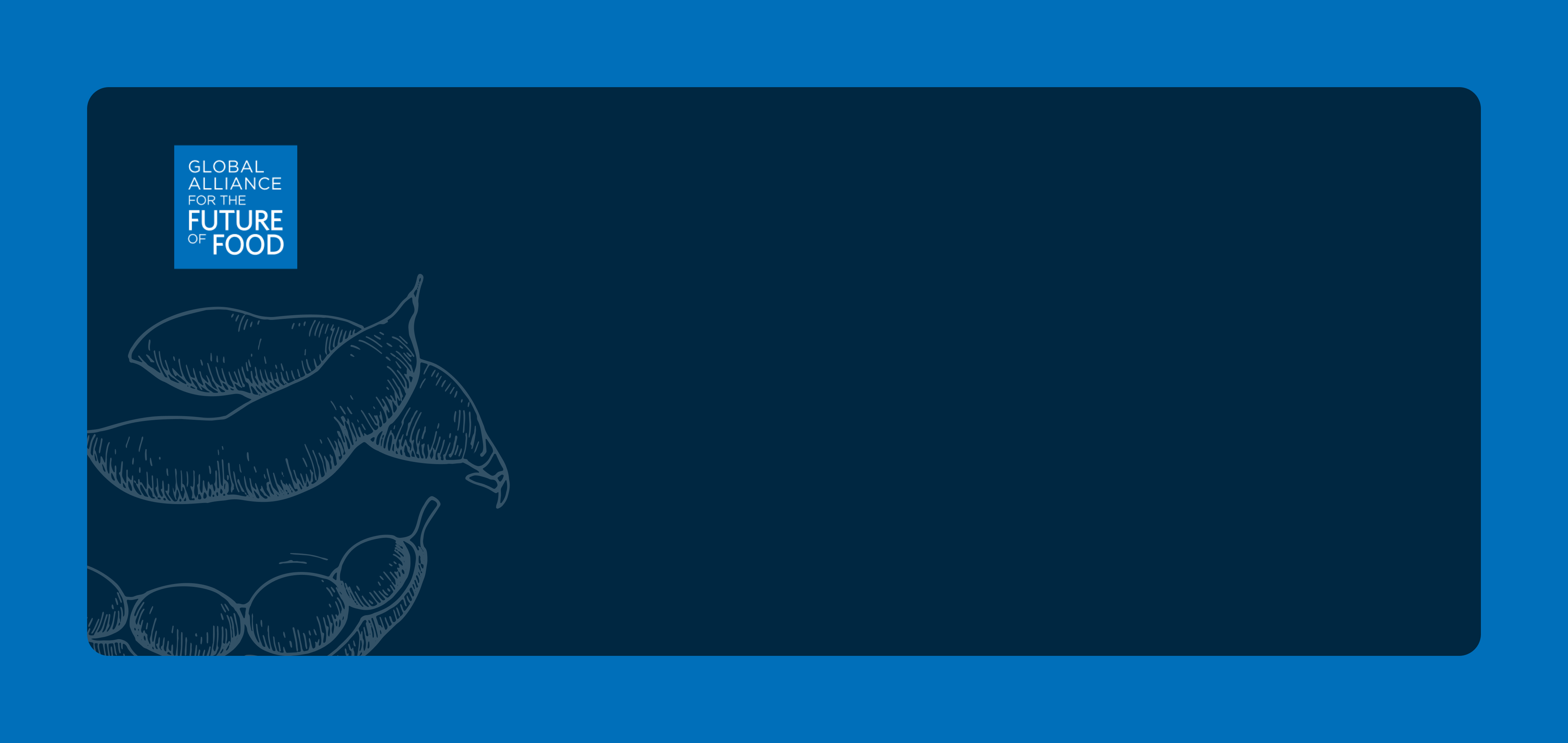
Information and contacts
To contact the Frontline Food Leaders at COP30, please contact:
Lucky Abeng, Co-facilitator, Frontline Food Leaders program
cofacilitators_frontlineleaders@futureoffood.org
Matheus Alves Zanella, Senior Advisor, Global Fora
matheus@futureoffood.org
Lina Gomez, Convening Manager
lina@futureoffood.org
Teresa Gerner, Operations Support Consultant
teresa@futureoffood.org

